The Corrosive Threat of Antidisestablishmentarianism

by Amber Dubin
US-world relations have been growing increasingly concerning as we venture cautiously into the first couple of months of 1969. From never having quite gotten back on the right foot since last year's Tet offensive (and with this year's edition currently ongoing) to the aftermath of the Pueblo incident, to the newly renewed Moon Race, it sometimes feels like America is standing on the world stage with shaky legs. It is easy to react to these uncertain times by pining for a prelapsarian epoch in human history.
It’s rather apropos, then, that Star Trek writers have once again turned to the often-referenced biblical Garden of Eden. Here, however, I'd argue that “The Way to Eden” approaches this subject in an unique way by suggesting, as Spock does here, that all advanced societies “hunger for an Eden, where spring comes.”

What happens when you set transporter coordinates for Haight/Ashbury
The episode opens on a familiar scenario where the Enterprise is hotly pursuing a stolen vessel that is overheating its engines to alarming levels. They manage to beam over the occupants just before the fleeing vessel explodes, and the crew of the Enterprise is confronted by a motley crew of ragamuffins. Kirk greets the strangely dressed, wild, love-and-peace-preaching, anti-authoritarian naturalists by informing them that they were only spared consequences for stealing and destroying a Federation ship because the wayward son of a political figure is among them.

"Don't trust the Fuzz, man!"
They respond to Kirk’s mercy without gratitude, disrespectfully requesting that the Enterprise act as a ferry in their quest to reach a planetary Eden and relocating to sickbay with extreme reluctance.
Meanwhile, Ensign Chekov discovers that a lovely dark-haired Russian beauty from his Starfleet Academy days is among the band of miscreants. Irina Galiulian and Chekov lost touch when she dropped out of Starfleet to chase nebulous and flighty pursuits, a choice that Chekov deeply disapproves of. They have an angry, yet charged, discussion which resolves nothing before she returns to her more amiable family of choice.

Is Chekov going through captain's training? Because I thought it was Kirk's job to be so enamored of the pretty lady that he forgets to protect the ship.
Back in sickbay, the situation has descended into chaos. The group’s leader, ex-research engineer Dr. Sevrin, has been determined to be a carrier for a superbug that is both incurable and created by the advanced sterilization techniques used to sustain Federation environments. He is thus quarantined and isolated from his flock, an action against which the rest of the group protests heavily.
Acting as both the snake and the snake charmer, the now deemed insane Dr. Sevrin spurs on the rest of his group to break him out of isolation and seize control of the Enterprise, knowing their musical seductions and rapscallion ways will cause the crew to lower their defenses and underestimate any hidden, nefarious intentions.
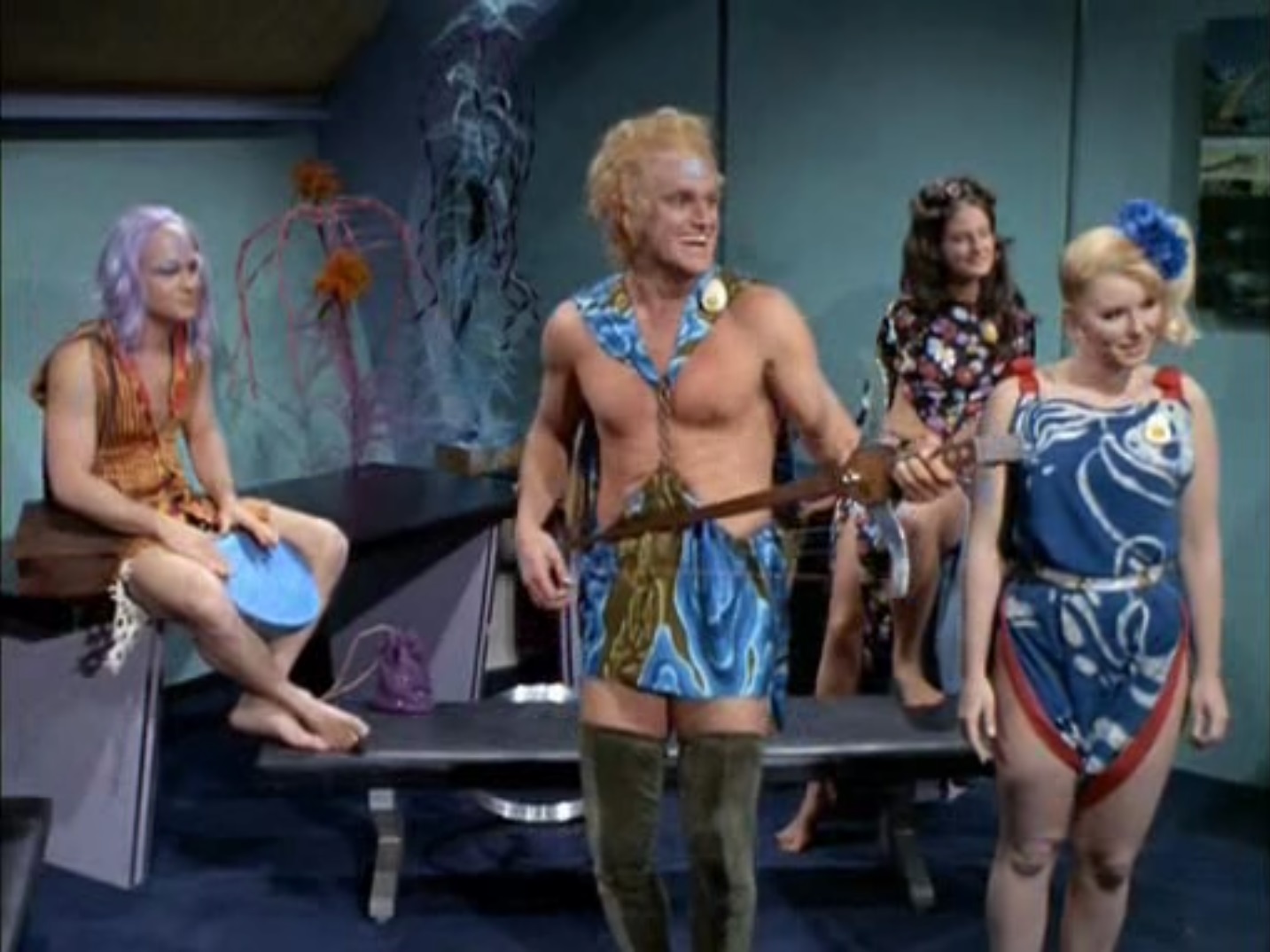
Tonight on Hullabaloo!
Furthering this goal, Irina isolates Chekov and effortlessly steps into the role of femme-fatale, doing little else other than batting her lashes and breathing lightly on Chekov’s lips to get him to spill his guts about every single operating mechanism of the ship’s security and navigational systems. Next, the group minstrel, Adam, begins a pied piper act, strumming and singing his way through the whole ship. He even convinces Spock to display his instrumental talents in a seemingly impromptu concert that gets broadcast over the ship’s speakers, in a very effective misdirection campaign that covers for his comrades as they disable ship security and free their leader.
Now in control of the Enterprise, the group barrels into Romulan space towards a planet that ship’s scanners have defined as Eden, setting a trap to disable the crew and allow them time to escape. There is a brief pause where members of the group try and fail to dissuade the power-mad Dr. Sevrin from making this trap fatal for the Enterprise crew, but thankfully this is the one part of their plan that the crew is able to disrupt before succumbing to those permanent consequences.
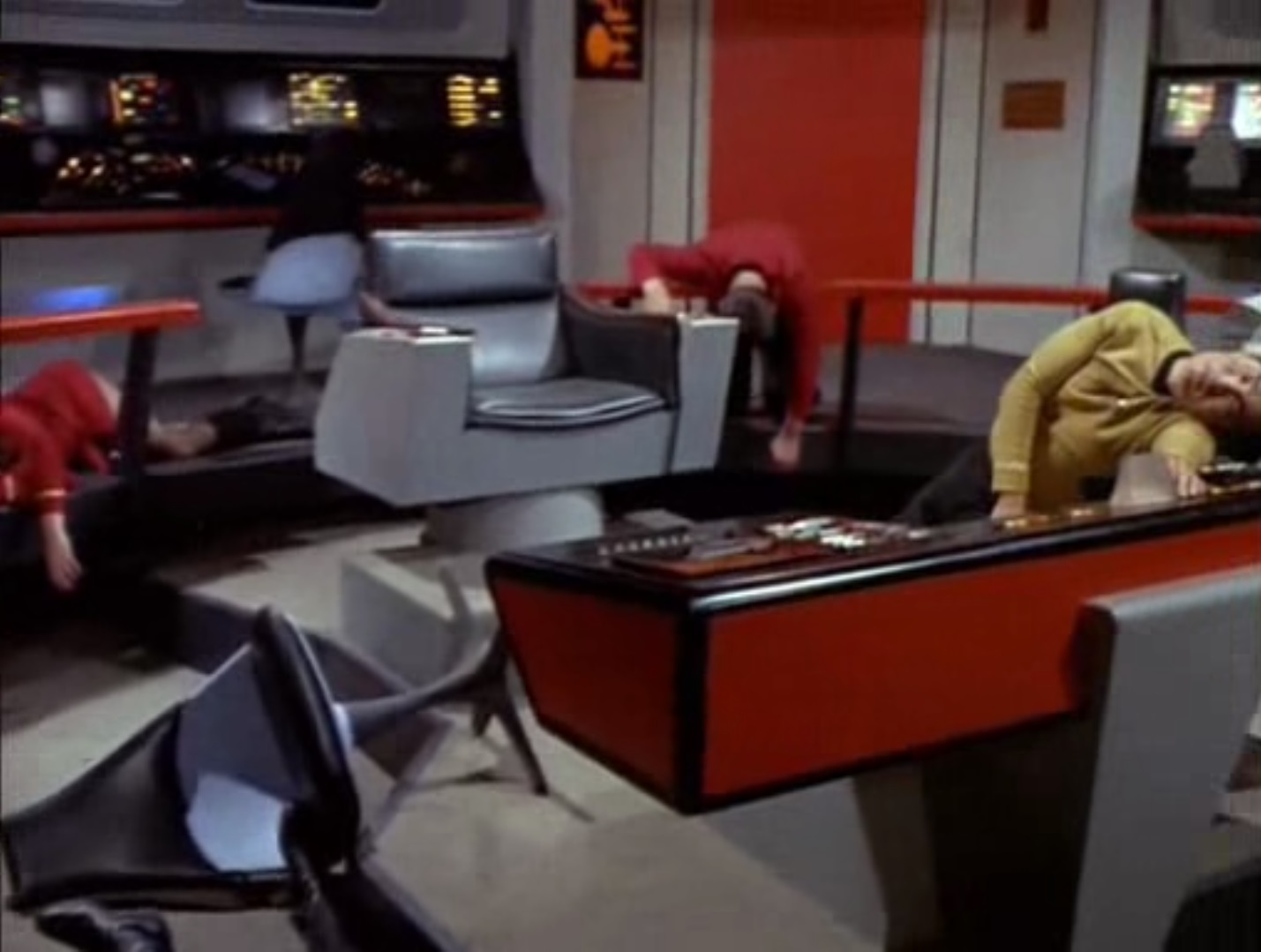
Asleep on the job
The band briefly appears victorious in the acquisition of their fabled garden, but find the paradise hostile to humanoid life, and the bare-footed hippies literally get burned by the acid-coated plants growing in an Eden that was supposed to welcome them. Faced with the devastating failure of his quest, Dr. Sevrin willfully consumes the deadly fruit, very plainly demonstrating that the insanity brought on by his dual lust for anarchy and power was fatal.

The metaphorical apple (still much better than "The Apple")
I think boiling this episode down to “the one about beatniks in space” is both simplistic and disrespectful to the subtlety of the message it’s trying to convey. I see how, on its face, it could appear that the plot of this episode is a ham-fisted attempt to judge the reactions of the Enterprise crew when introduced to hippies from our time, but I’d argue their role here is to demonstrate the corrosive nature of antidisestablishmentarianism. I think the fact that such a small group of humanoids, with no greater powers of intelligence or manipulation than any other aliens we’ve met so far, was able to so swiftly and effortlessly take control of the ship, speaks to the power of hiding in plain sight.
Rather than the loudly chanting overtones that kindness can be fatal, the more subtle message here is that these intruders merely awakened seeds that were pre-sown into the mind of every being in known society. The unspoken fear that our zeitgeist whispers, is that every established system only functions as long as the seeds of hedonism, anarchy and sedition do not grow to destroy it. It is the reason power fears the rhetoric of communists, cultists and anarchists; why it tries to silence the rabble-rousers, quell the mobs, round up and isolate the dissenters, and burn the witches.
The wolf is efficiently hidden in sheep's clothing when love-drunk, starry-eyed hippies prove themselves not to be peaceniks –but weapons. Weapons so effective that, in a matter of hours, they reduce an advanced, peaceful, orderly, military vessel to the plaything of a handful of gleeful, half-naked, singing fools.
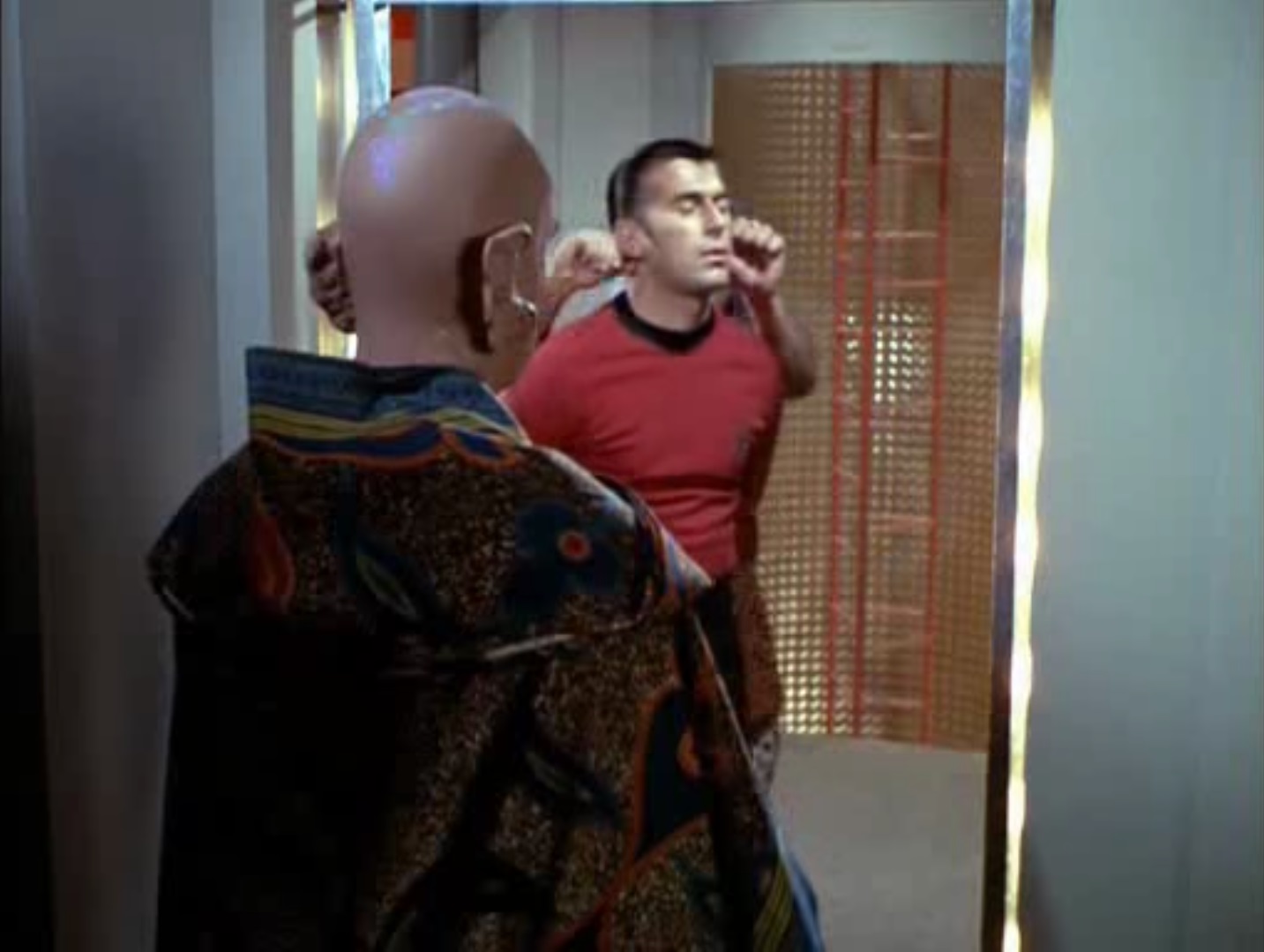
If only they let Bob Hope tour the Enterprise, the crew wouldn't be so starved for entertainment. Then again, they might…
This episode very effectively warns against the dangers of what can happen when a charismatic, silver-tongued leader sinks his fangs into the impressionable minds of restless sycophants. It demonstrates how powerful that sharp-witted leader can become when he knows how to wield such universally disarming weapons as pleasant music, a righteous and honorable cause, and the promise of affection and approval from smiling, scantily-clad, untamed youths.
Despite its disarming façade, this episode is not a light romp. It is a cautionary tale; and in my opinion a particularly well-woven yarn.
5 stars.
Space Hippies

by Erica Frank
We only see six of the Edenites, but they must be part of a larger movement: Spock knows their greeting and their philosophy, and "reaches" them well enough to be the ship's liaison with them. Either they are very numerous, or very influential, or both.
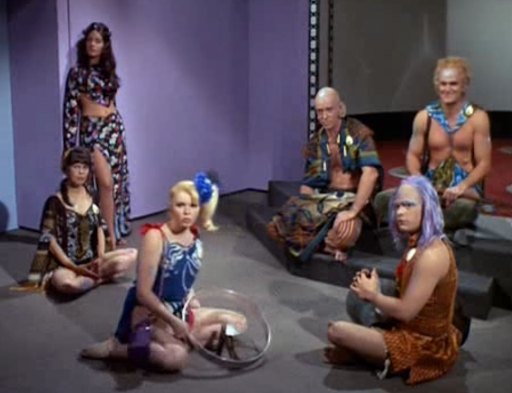
Clockwise from center: Dr. Sevrin, a brilliant engineer; Adam, a musician; Tong Rad, son of the Catullan ambassador, who plays drums; nameless blonde musician who plays the stringed wheel; nameless brunette woman; Irina Galliulin, Chekov's former girlfriend.
Spock respects their goals even when he recognizes that Sevrin is manipulative and deceitful. At least three of them are well-educated, talented, and lauded in their fields; we have no reason to suspect the others are random dropouts. These aren't people who have failed at mainstream society and are chasing myths to make up for their inadequacy–rather, they have judged the Federation and found it wanting in soul and harmony. As Spock says, "They regard themselves as aliens in their own worlds… a condition with which I am somewhat familiar."
They have lost their leader and their Eden, but four of them remain, and they need not give up their quest for a peaceful community, away from a technological, regimented society.
We've seen at least two places they could go: One where people can live a mellow and gentle life, but slowly lose their drive for creativity. And one where they could have fantastic adventures, but none of it would be real. Or they can keep searching for a tropical paradise planet that's not full of acid and poison, although any of those in Federation space are likely to be populated ("exploited," I'm sure they'd say) unless there's some reason not to go there.
…Maybe paradise planet is being used as a retirement facility now, and is too commercialized for the hippies. Maybe the Shore Leave planet is restricted – the aliens who run it don't want the Federation trying to figure out their technology. So perhaps they need to look for somewhere else. But on their quest, they can visit other planets and find people looking for a simpler, gentler life.

They'll need to find a new lead guitarist.
Five stars (but I'm probably very biased). I loved the music, and that the ending, although touched with tragedy, wasn't "it's all ruined." There's room for hope that someday, they will find their Eden.
Back to the Beginning

by Gideon Marcus
Remember first season Star Trek? When Kirk was a "a stack of books with legs", stiff and Hornblower-like? When Spock was cold on the outside, hot on the inside? When other members of the cast had lines? When the Enterprise halls were filled with crew members and guests? When music was a fundamental part of the show? (viz. Uhura singing in "Charlie X" and "The Conscience of the King")
There are many reasons to like "A Way to Eden", and they are well-represented in the above entries by my colleagues. But what I loved about the episode the most was that it felt like a return to the Trek I liked best. After so many episodes in which the characters acted contrary to their nature, when plots were half-baked, when technology was inconsistent, when our favorite vessel seemed sterile and incomplete—finally, the Enterprise feels alive again.
You can even see the relief in the crew. The fellow guarding the brig was mesmerized listening to that (quite excellent) jam between Spock and the exquisite and talented Deborah Downey. He must have been just parched for entertainment. No wonder they all were so susceptible to the influence of One.

I'd watch this episode of Jazz Casual any day…
Spock's heart-wrenching expression of support of the Edenites' quest, his solidarity with their feeling of alienation within utopia, was worth the price of admission all on its own. The space hippies weren't characterized as naive, pampered rich kids who didn't know what was good for them. They are the free spirits for whom middle class American values just don't wash. A key message of this episode: surely, the Federation must be big enough for them, too. Infinite Diversity in Infinite Combination, ¿qué no?
And finally, if Charles Napier and Deborah Downey ever release an album of their performances on this show (I can absolutely buy that Adam's space guitar provides perfect acoustics and amplification for his voice), I will be the first in line. Also, if anyone's started a Deborah Downey fan club, I want to be a charter member. Otherwise, I might have to make one myself…
Four stars.
[Come join us tonight (February 28th) for the next thrilling episode of Star Trek! KGJ is broadcasting the show live with commercials and accompanied by trekzine readings at 8pm Eastern and Pacific. You won't want to miss it…]

![[February 28, 1969] We Reach (<i>Star Trek</i>: "The Way to Eden")](https://galacticjourney.org/wp-content/uploads/2024/02/690301title-1-672x372.jpg)



![[January 31, 1969] Clinging to life (<i>Star Trek</i>: "That Which Survives")](https://galacticjourney.org/wp-content/uploads/2024/01/690131title-672x372.jpg)

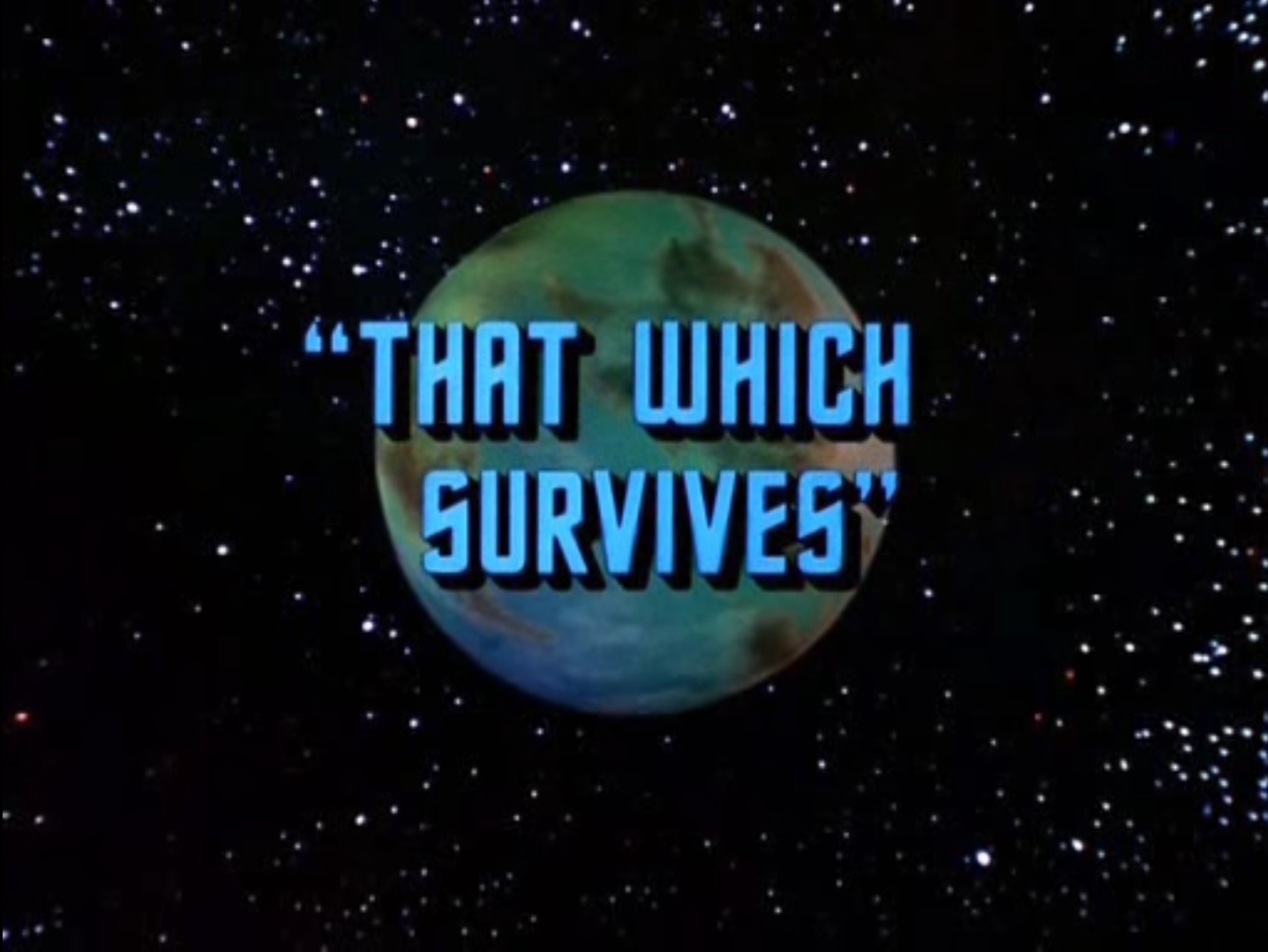
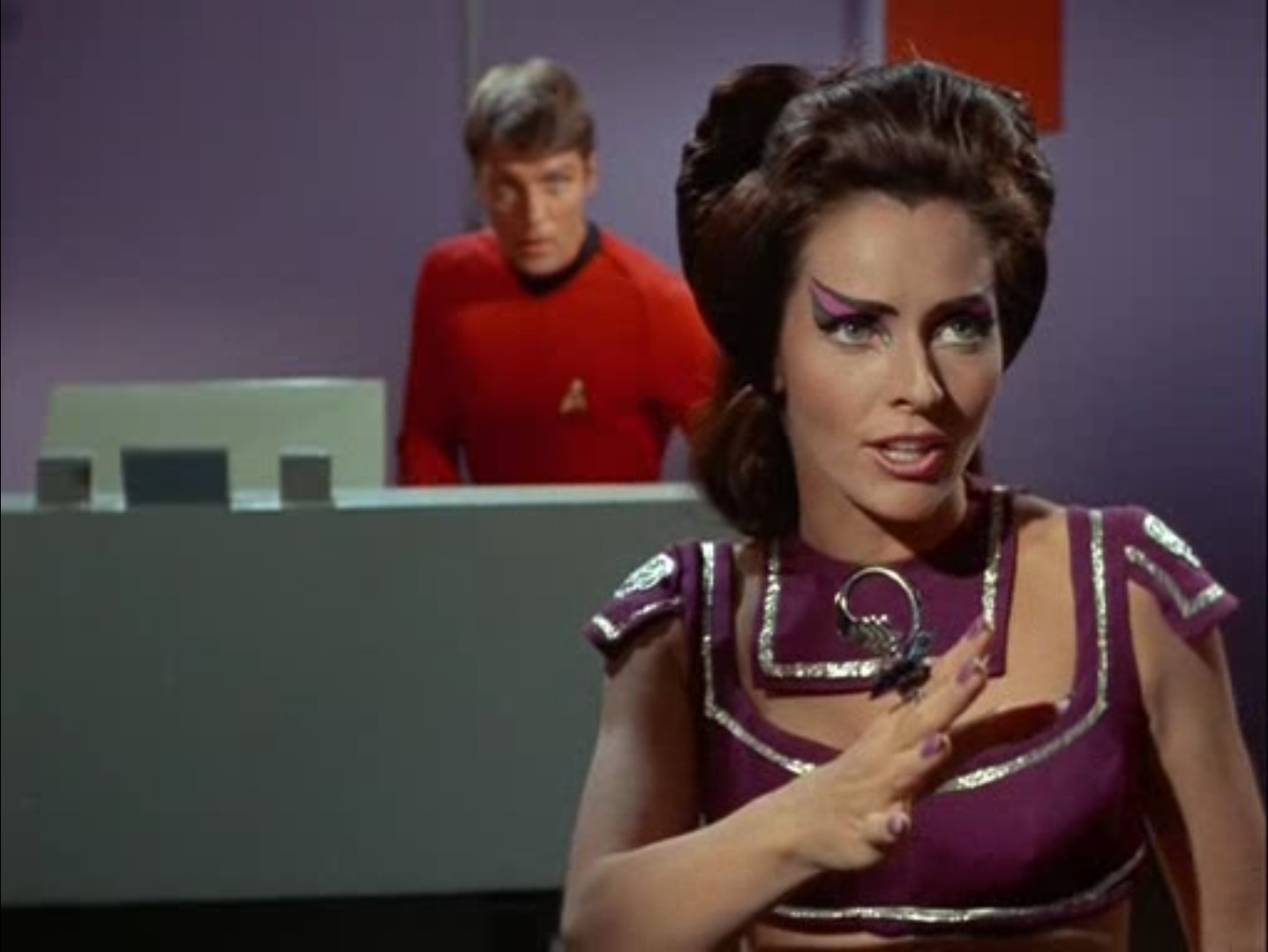
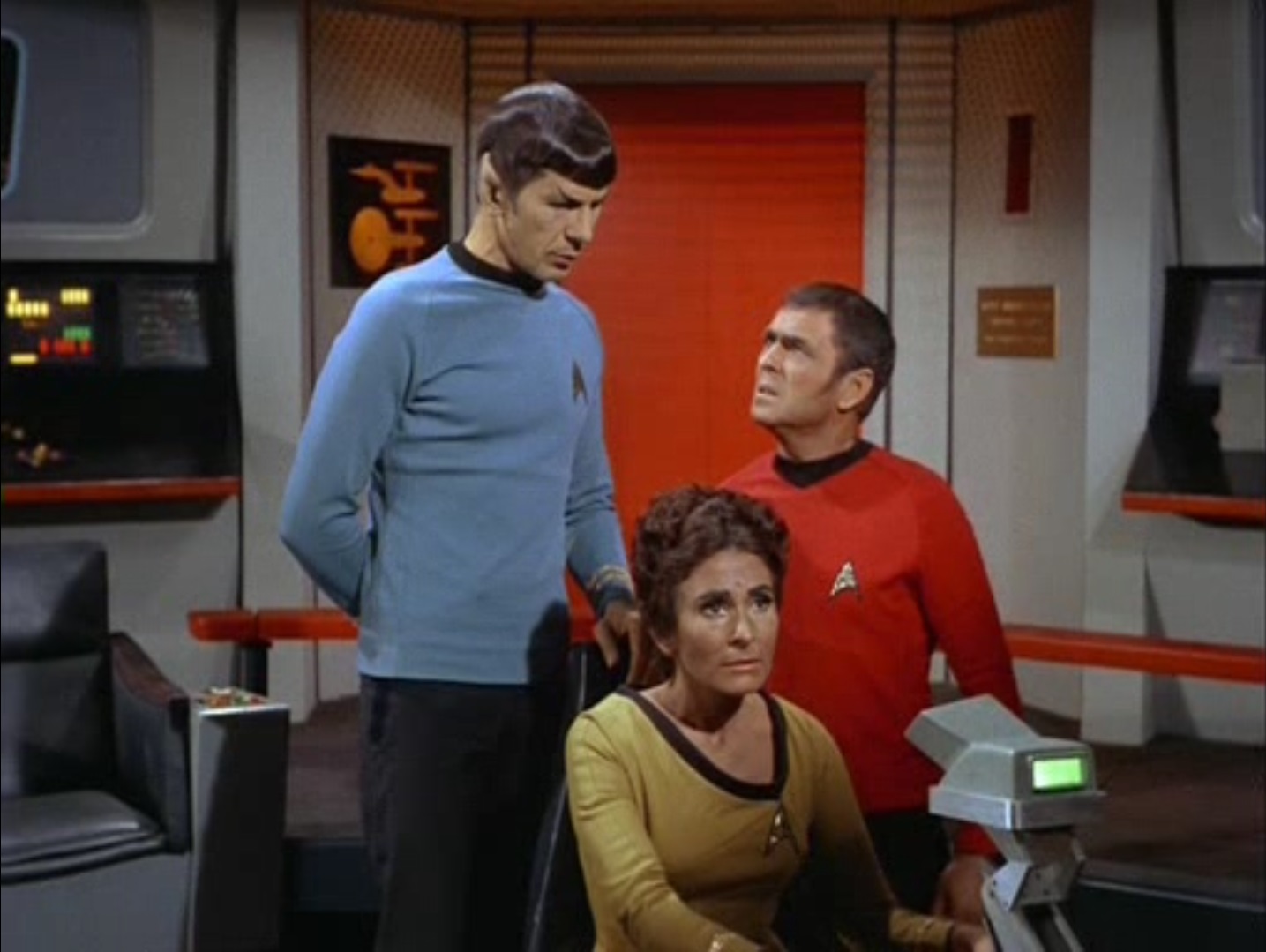
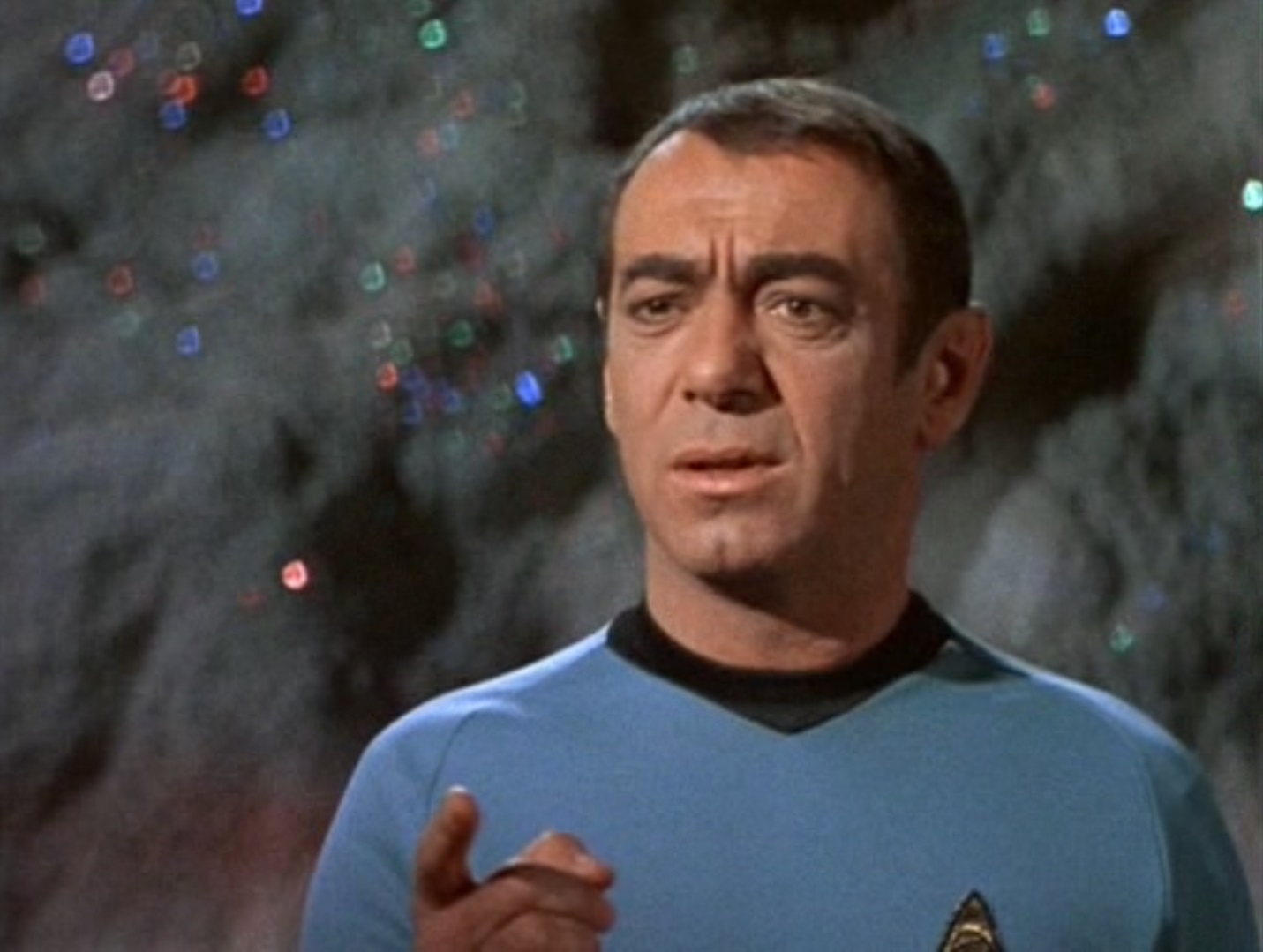
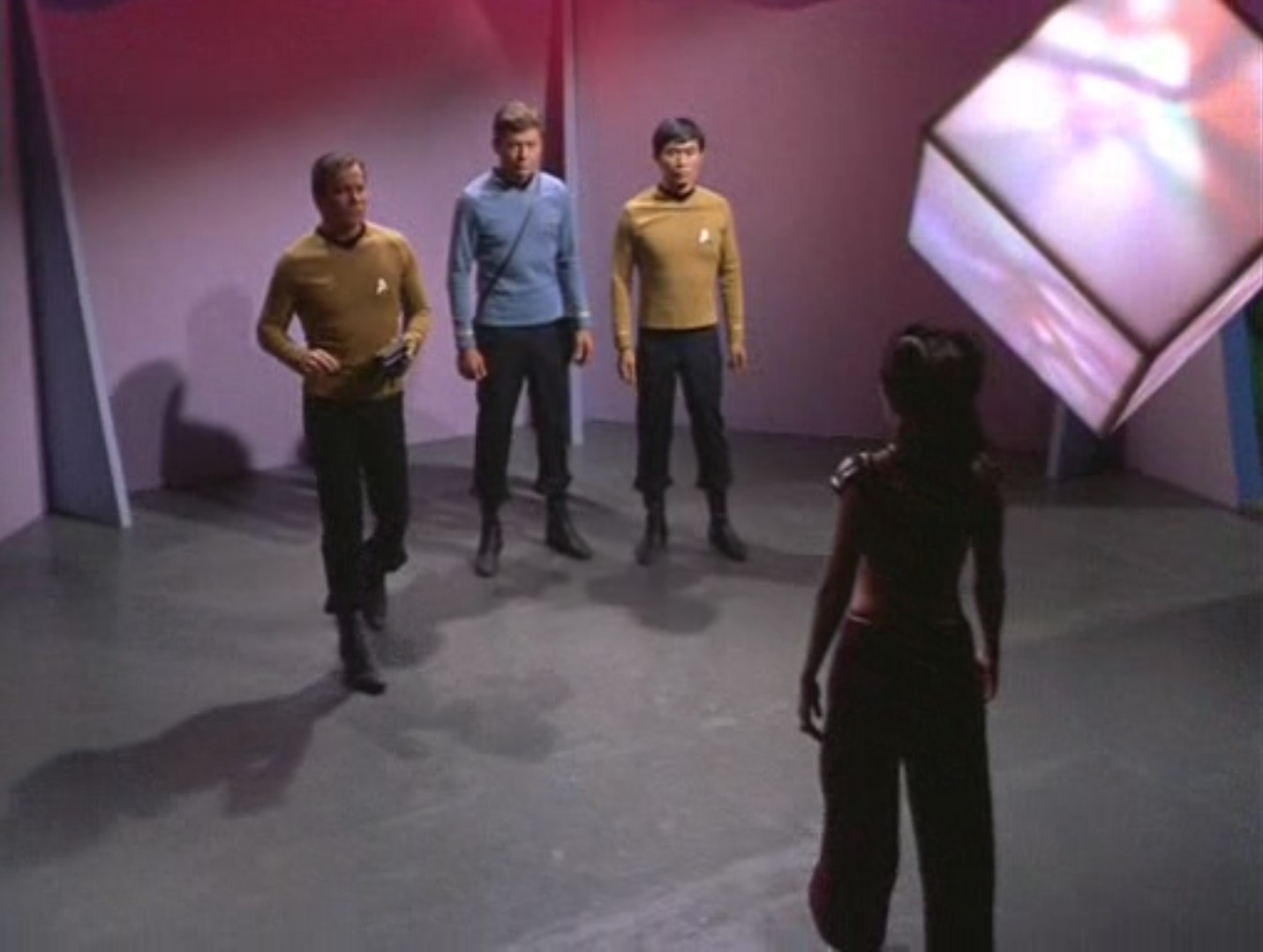
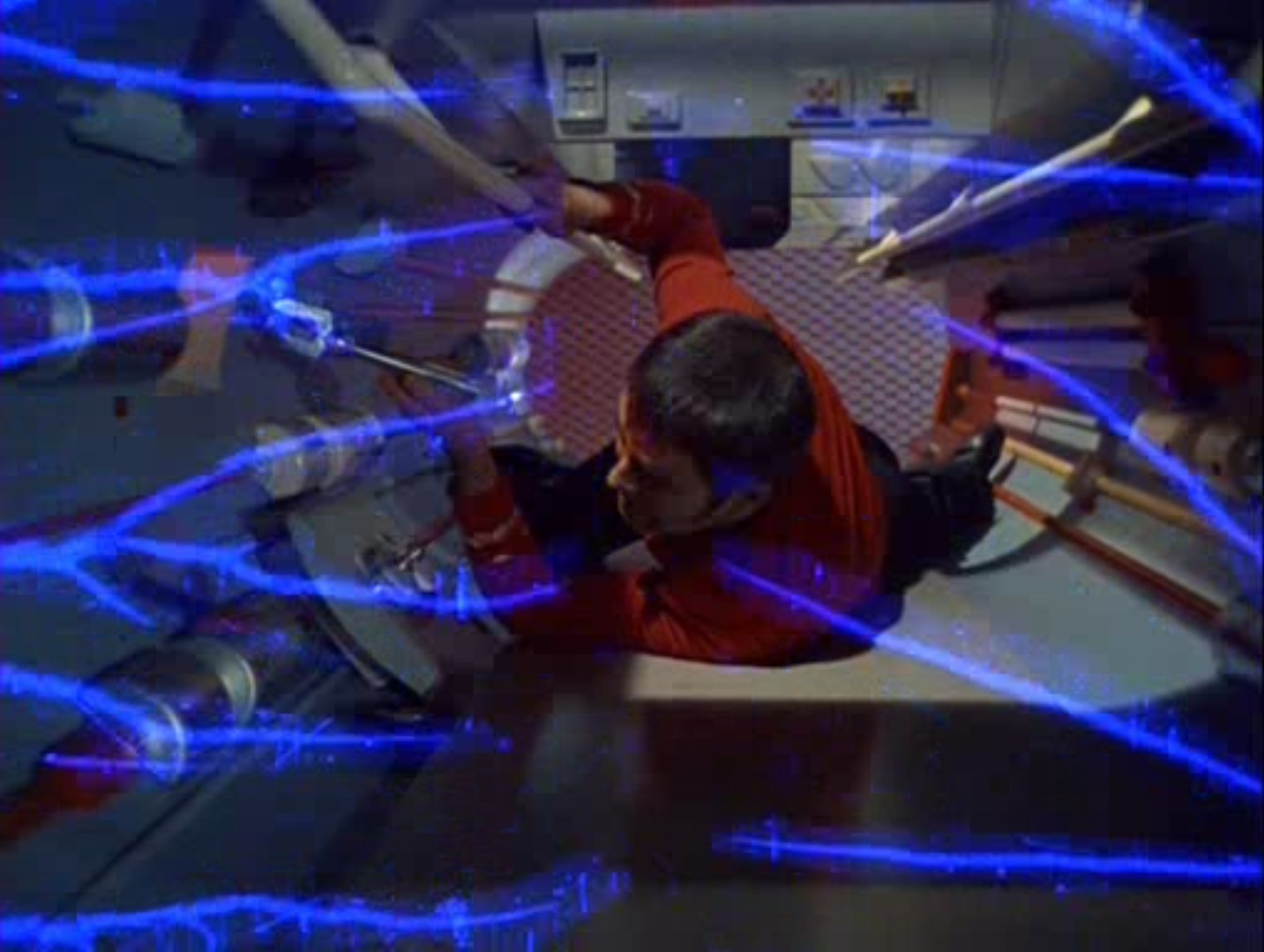
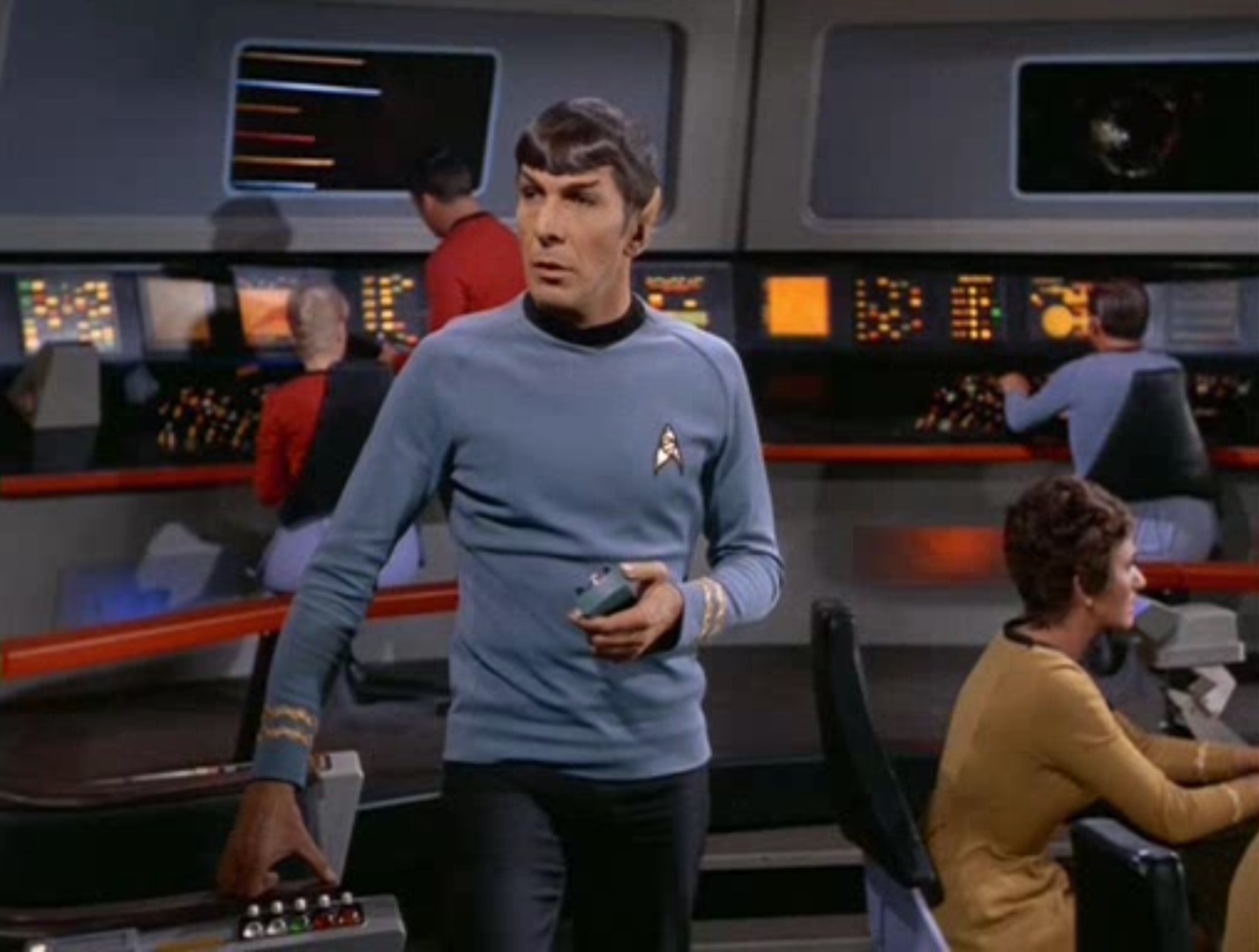

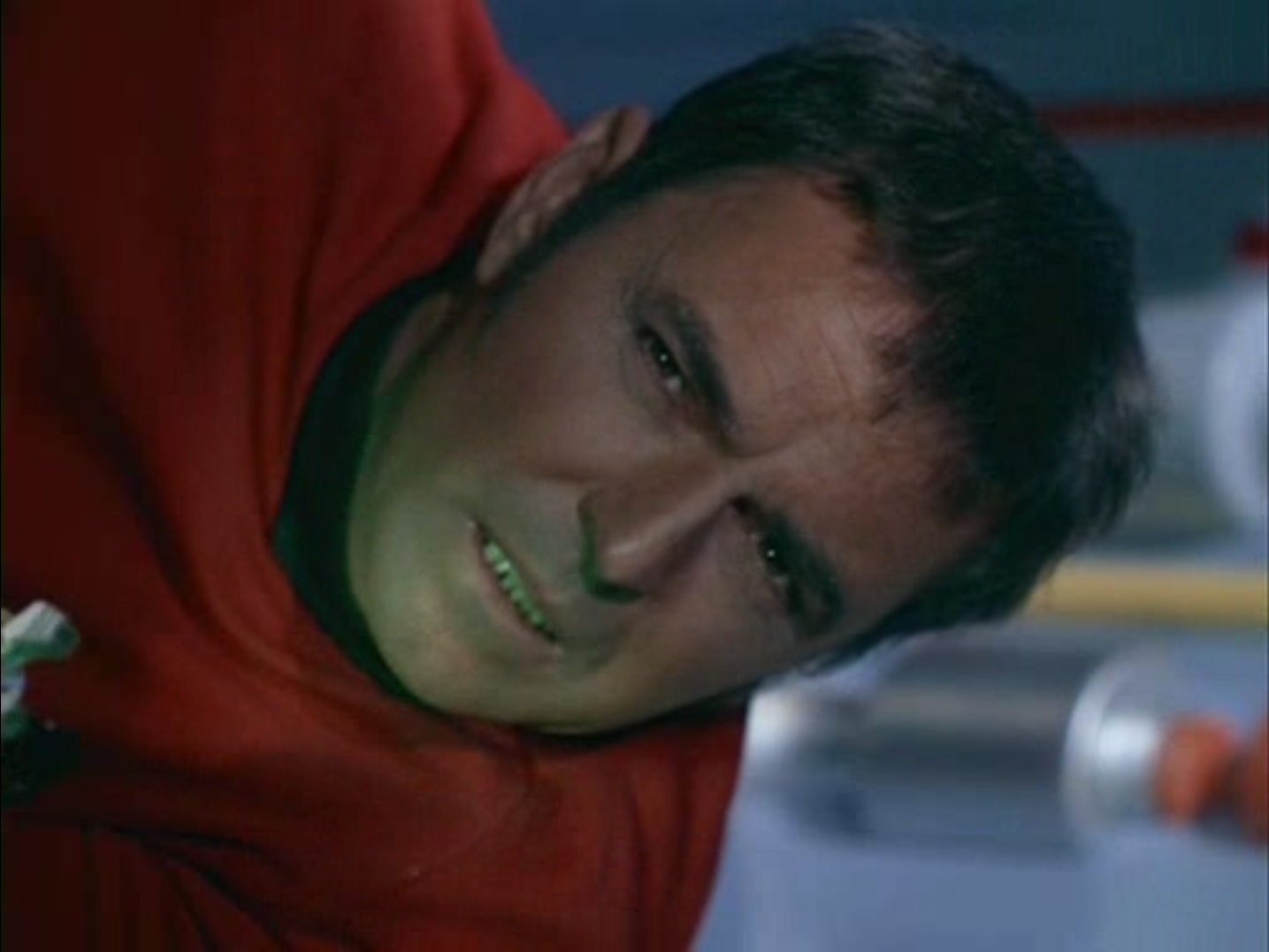

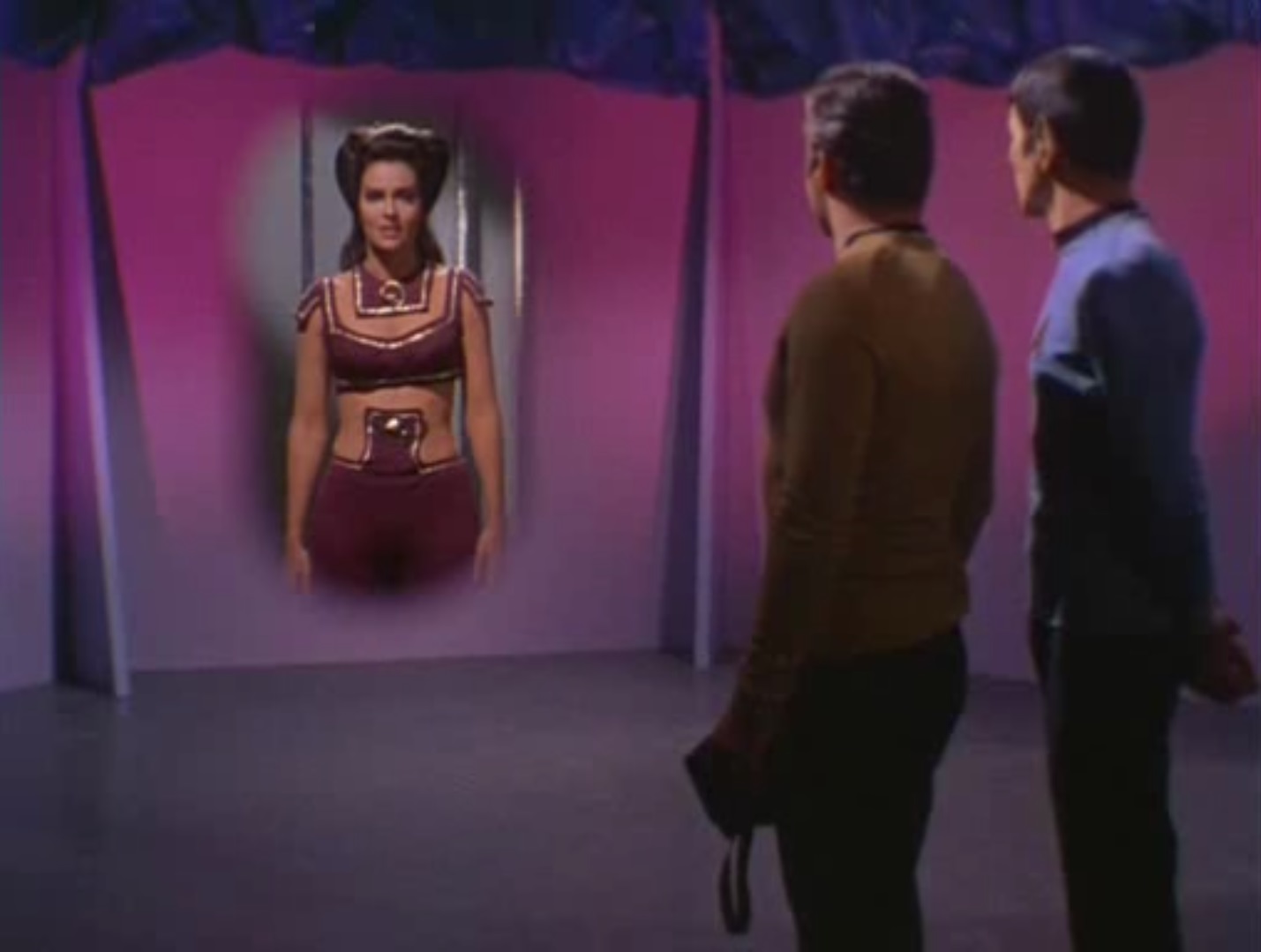

![[October 4, 1968] (<i>Star Trek</i>: "The Enterprise Incident")](https://galacticjourney.org/wp-content/uploads/2023/10/681004title-672x372.jpg)
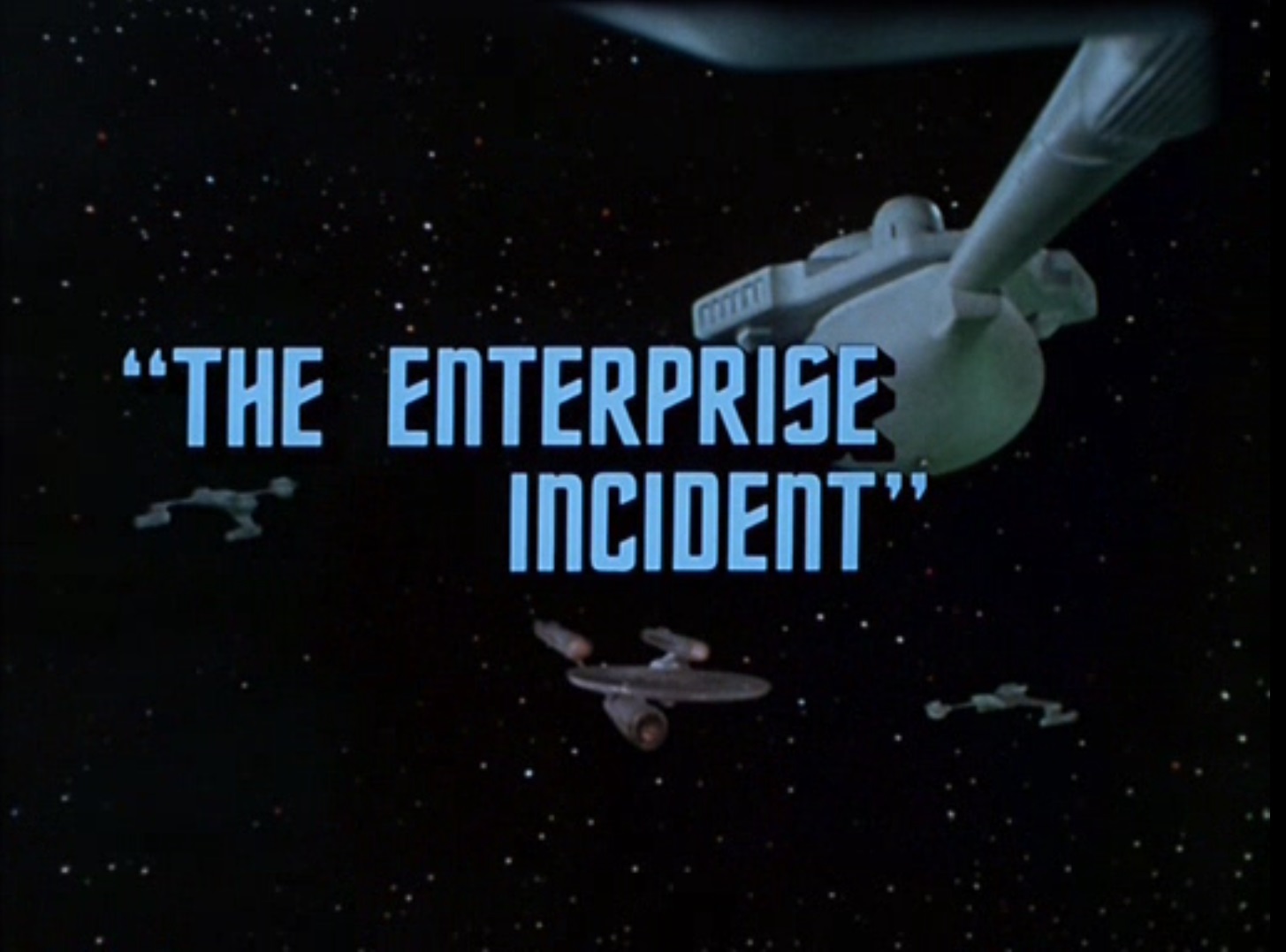
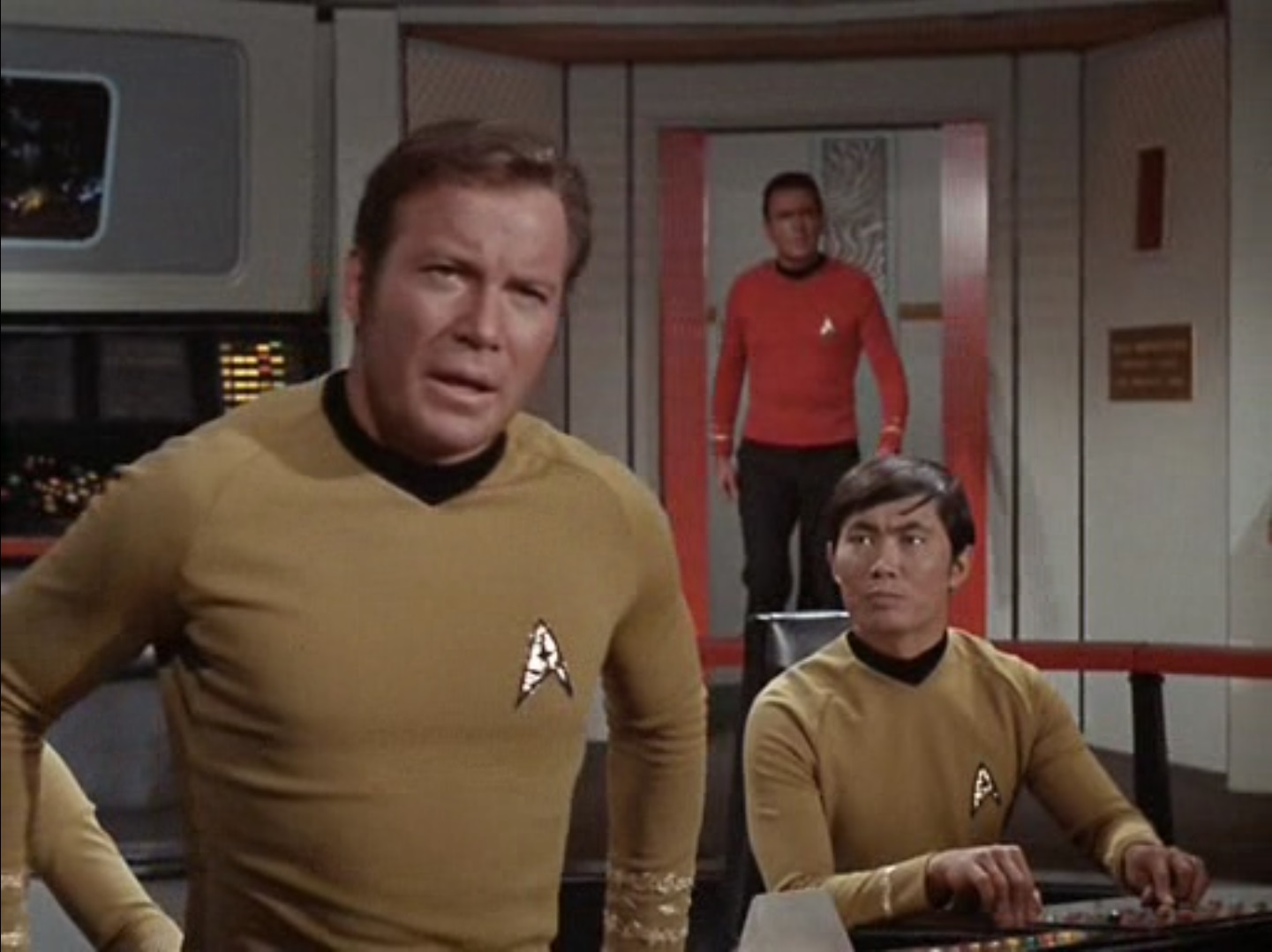
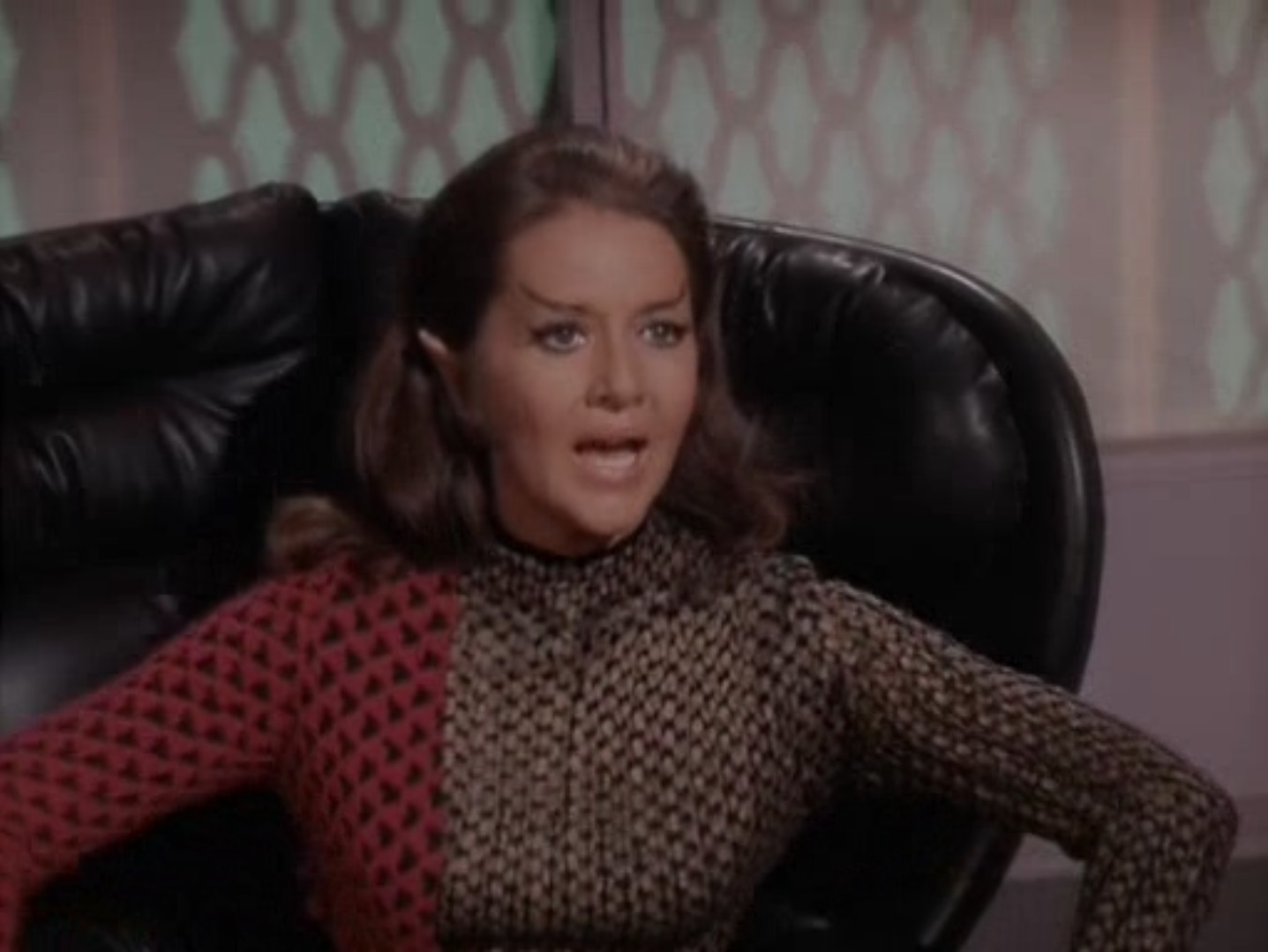
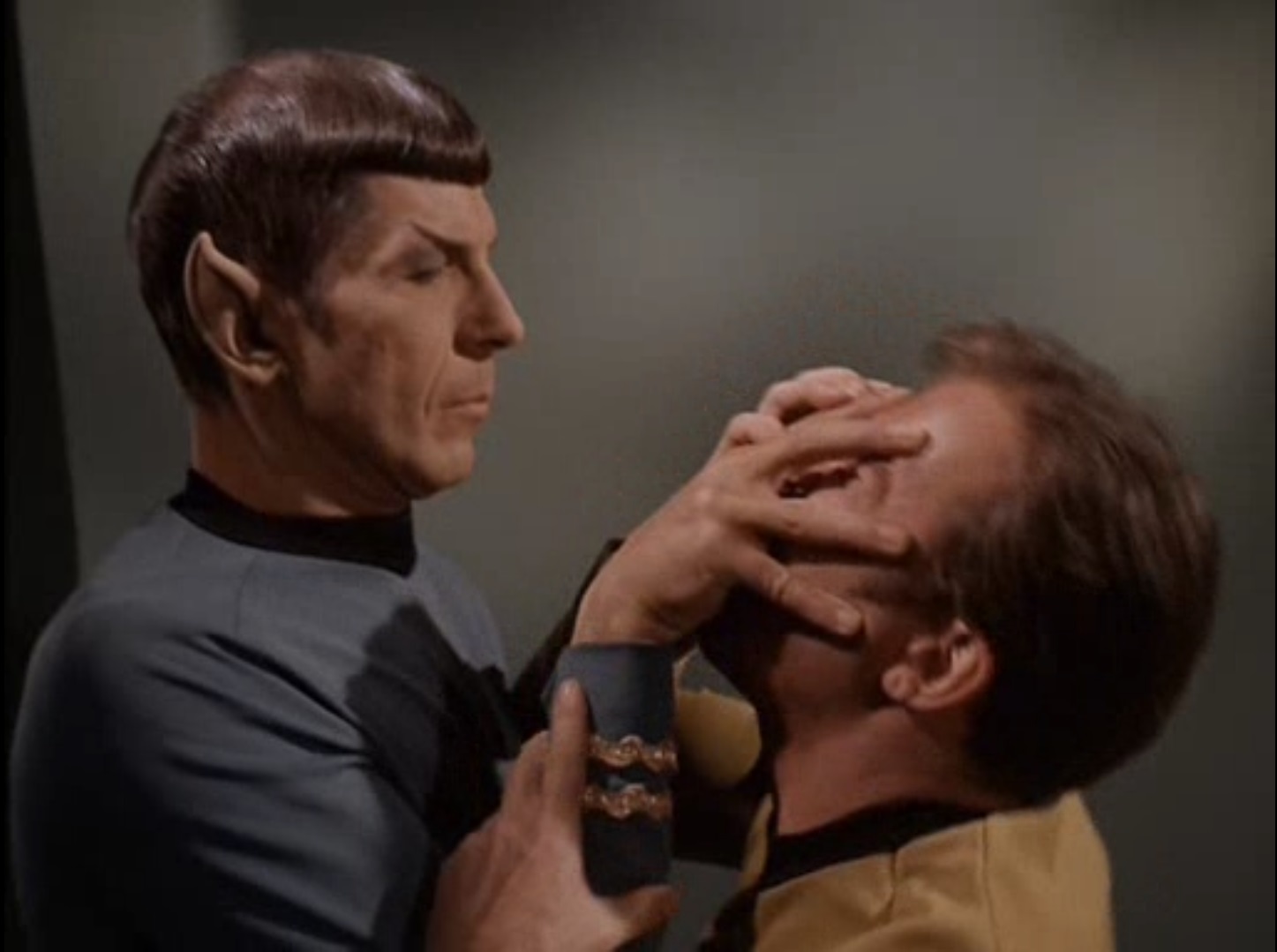

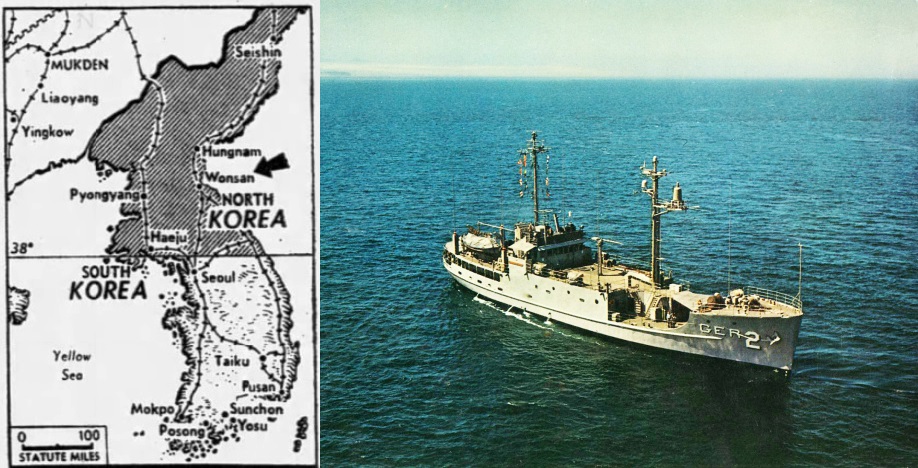
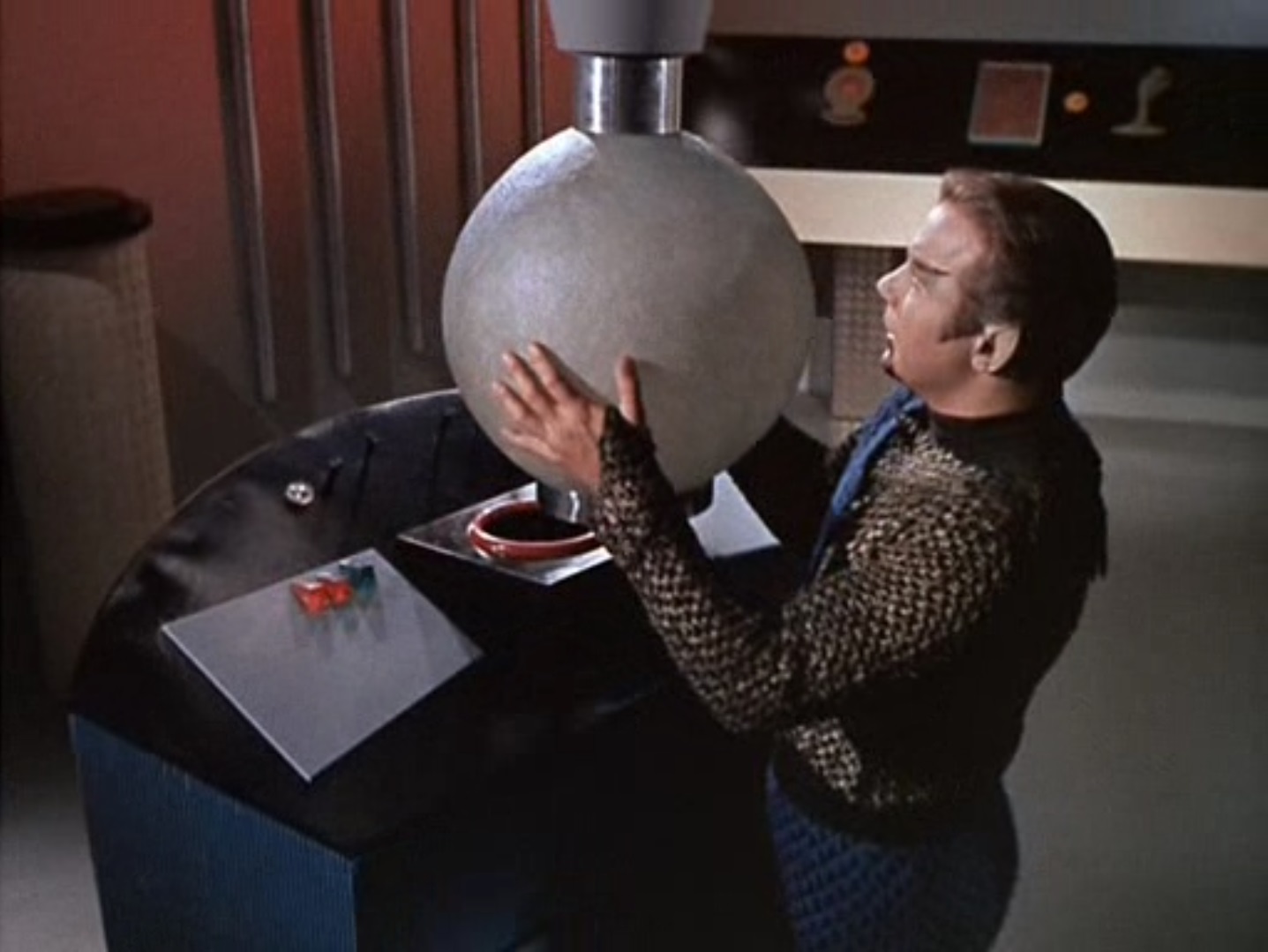


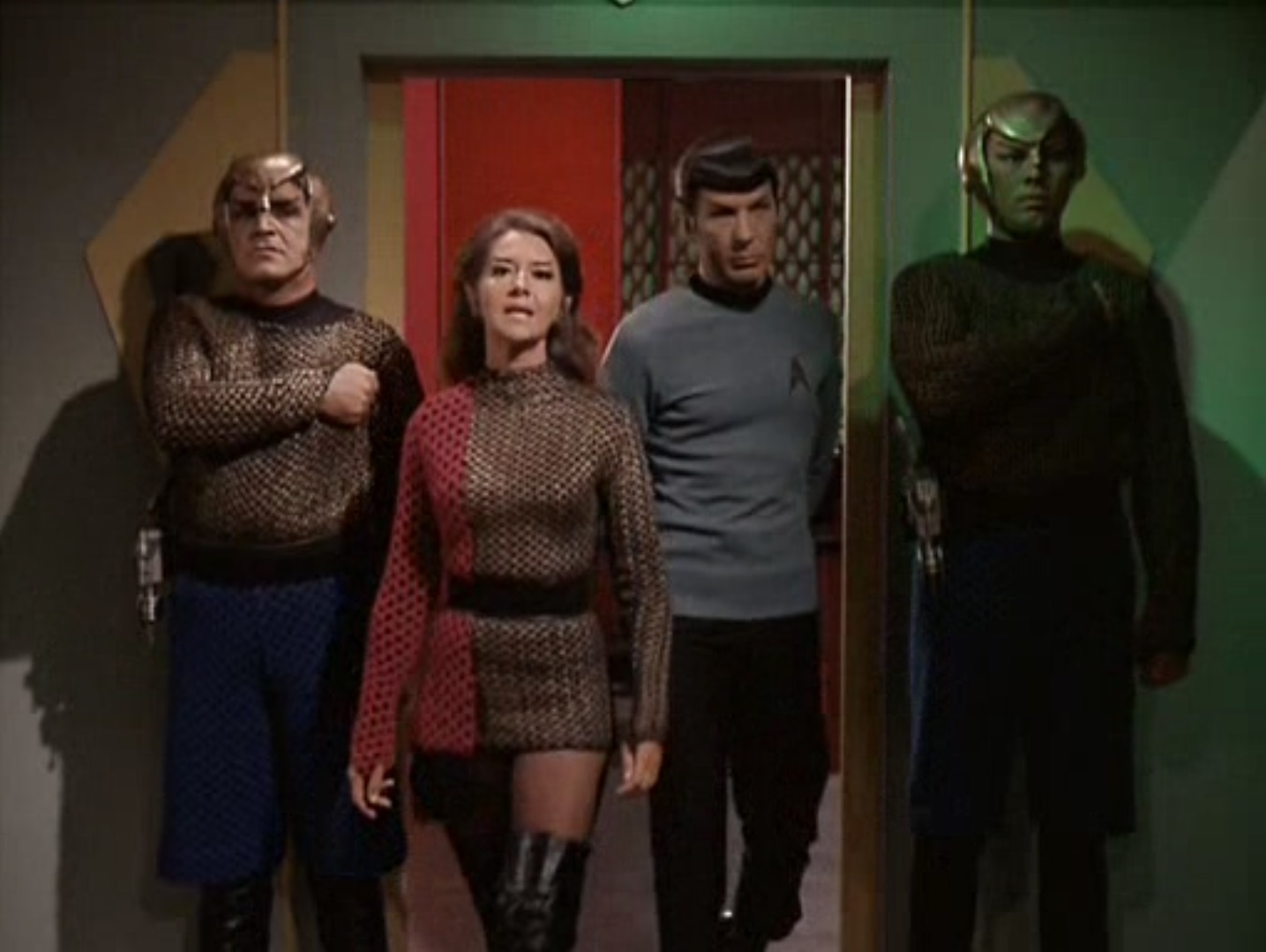

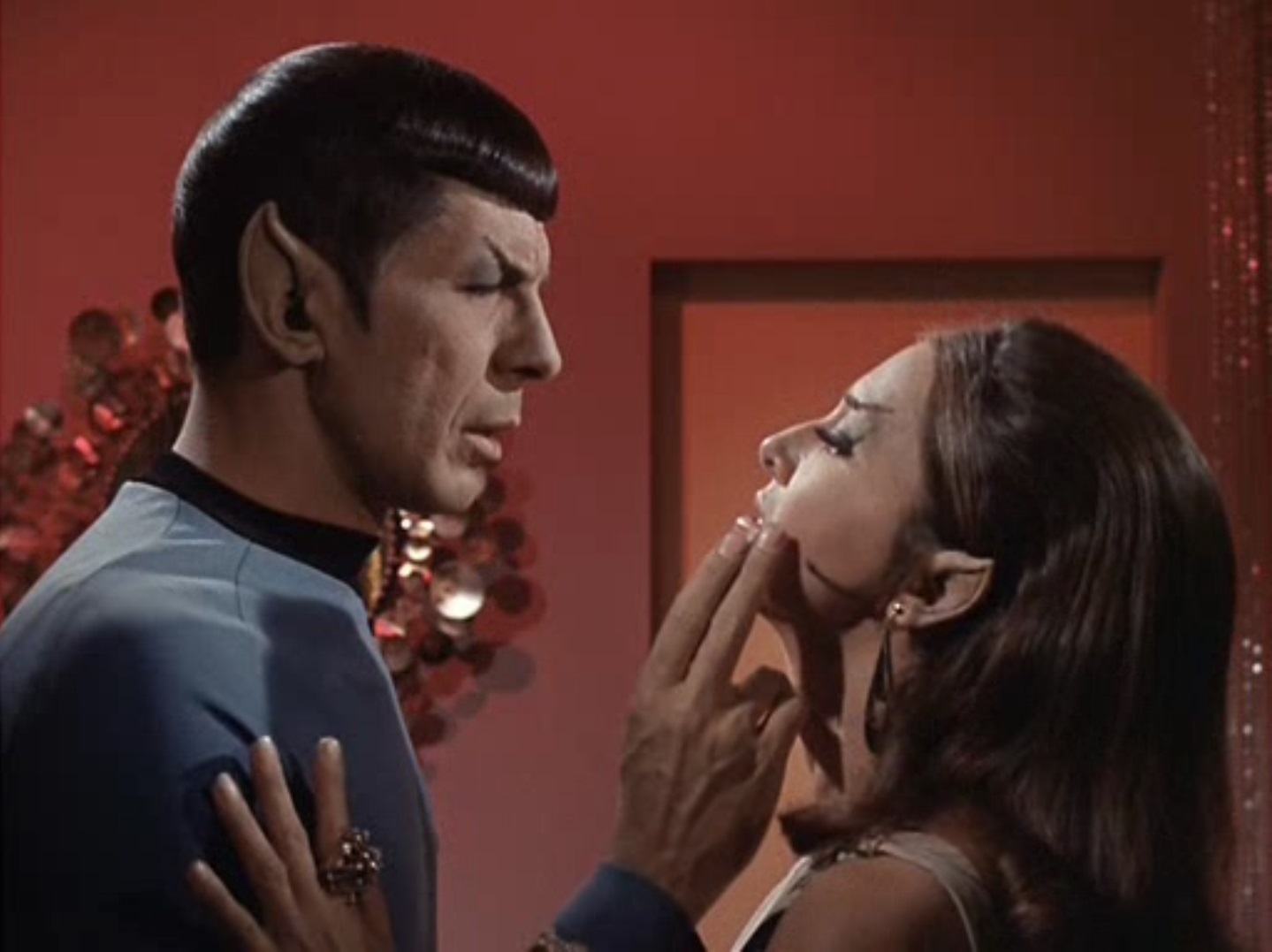

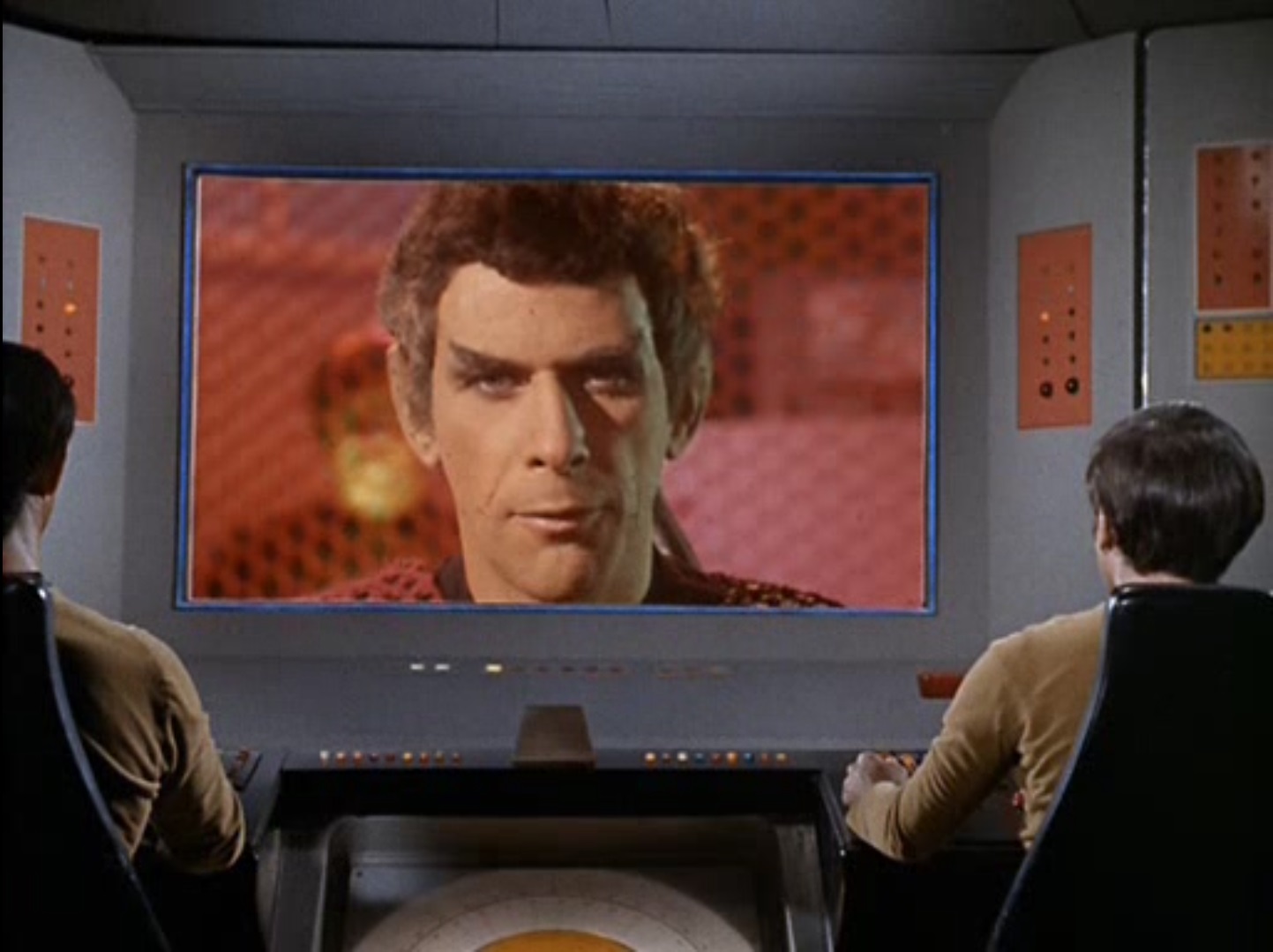
![[March 14, 1968] Bugs in the machine (<i>Star Trek</i>: "The Ultimate Computer")](https://galacticjourney.org/wp-content/uploads/2023/03/680314title1-672x372.jpg)








![[February 28, 1968] Zero for the Price of Two (<i>Star Trek</i>: "By Any Other Name")](https://galacticjourney.org/wp-content/uploads/2023/02/680228title-672x372.jpg)
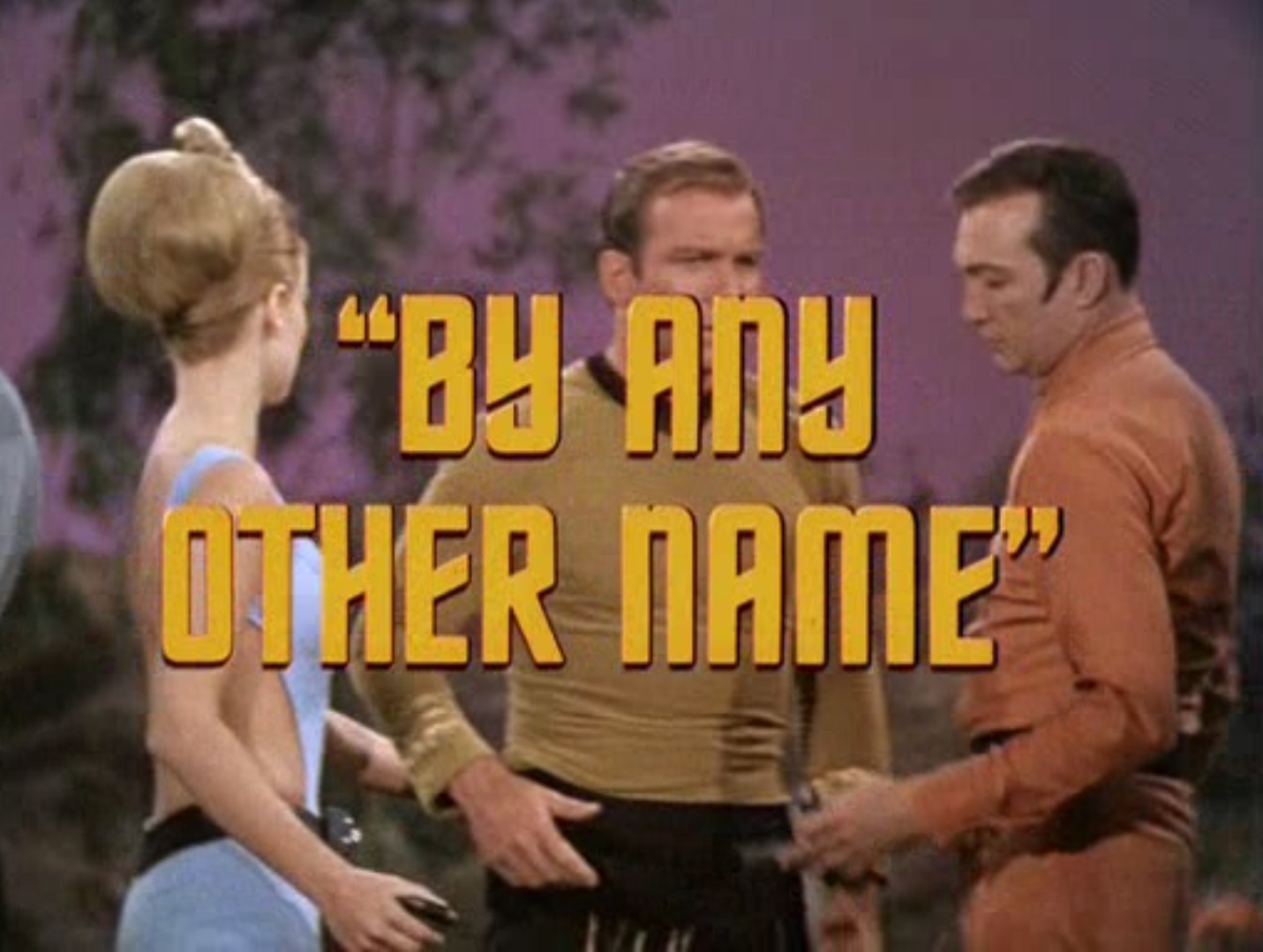


![[November 24, 1967] Guess who's coming to dinner? (<i>Star Trek</i>: "Journey to Babel")](https://galacticjourney.org/wp-content/uploads/2022/11/671124title-672x372.jpg)
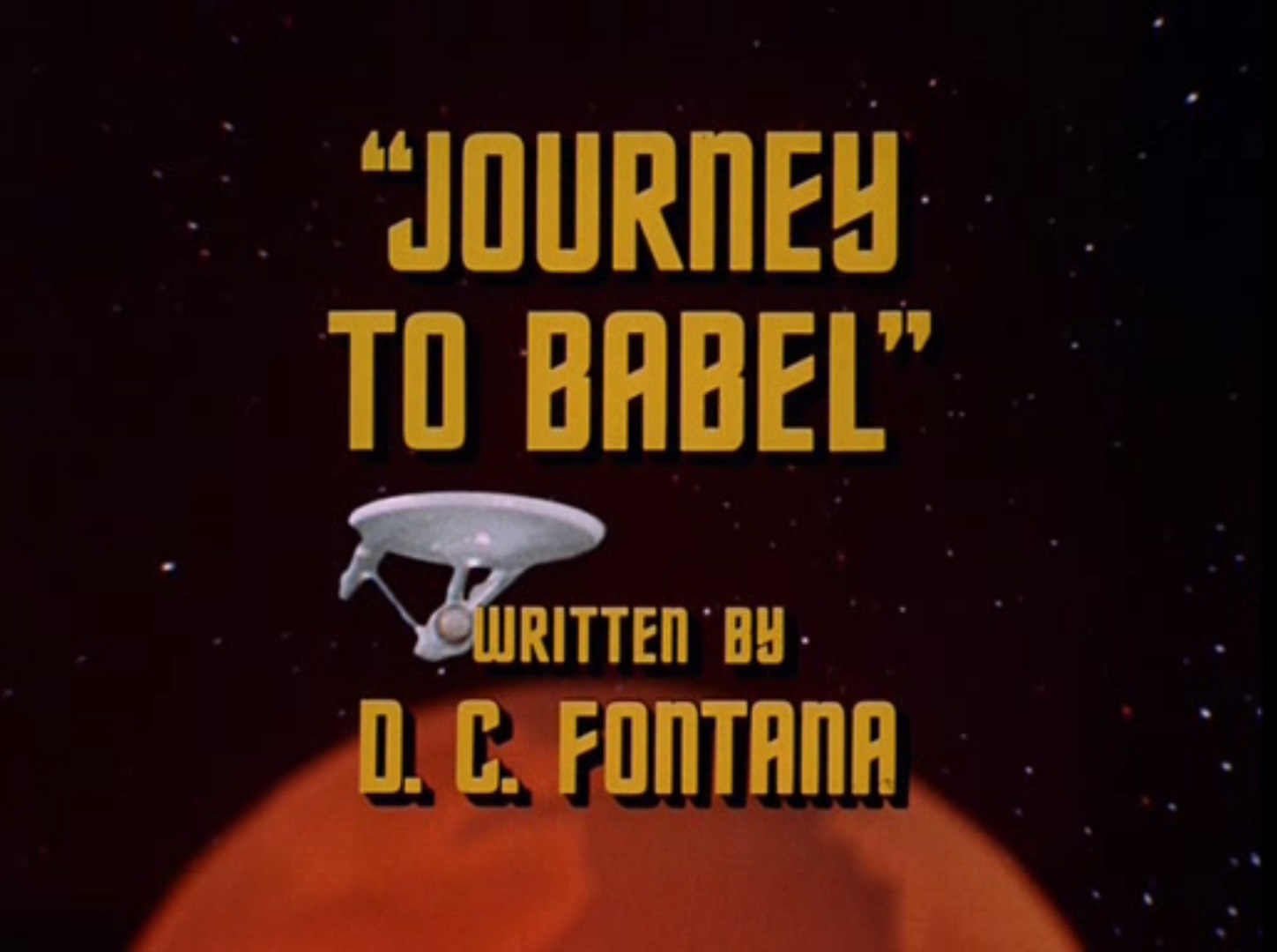
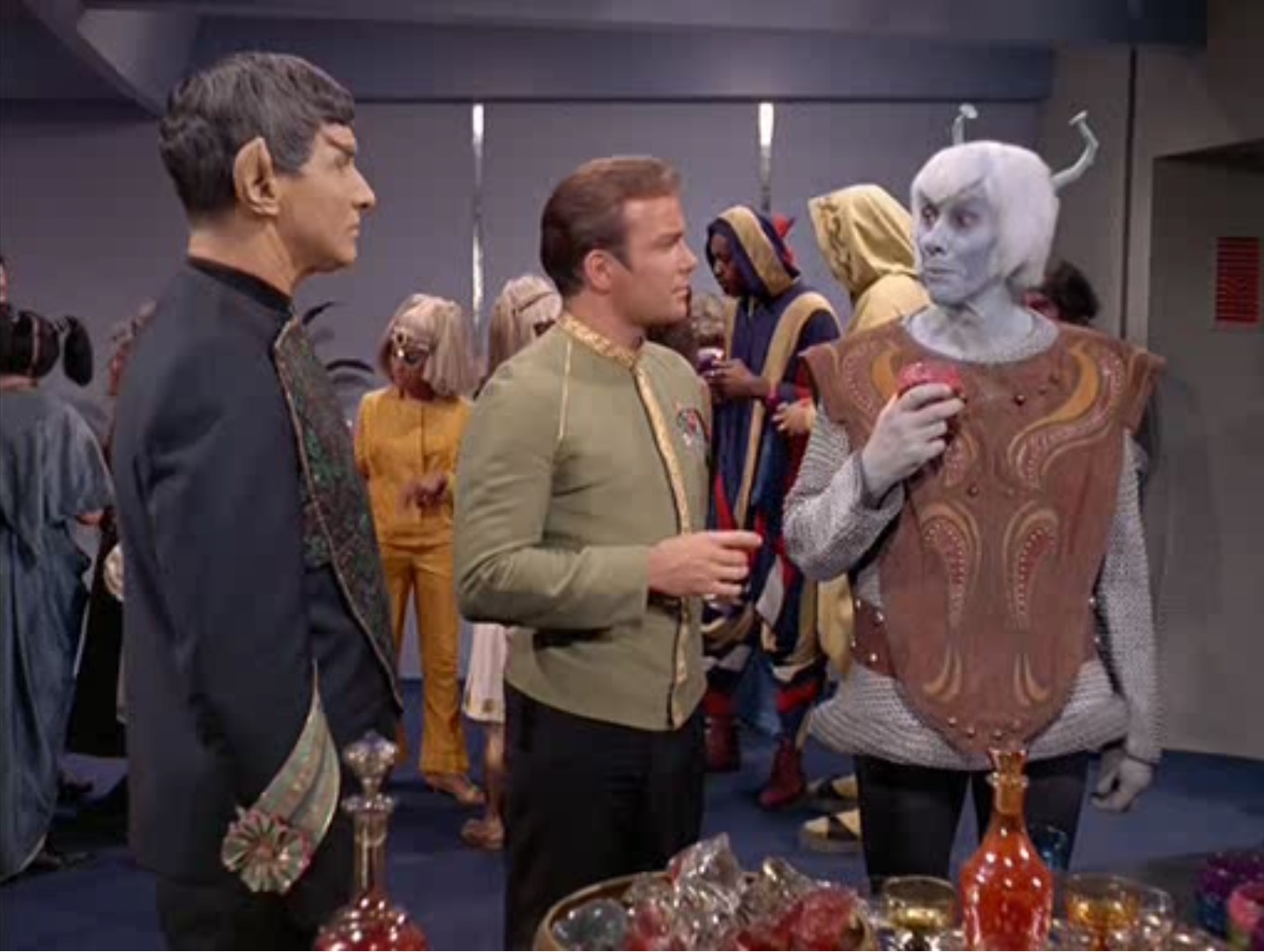
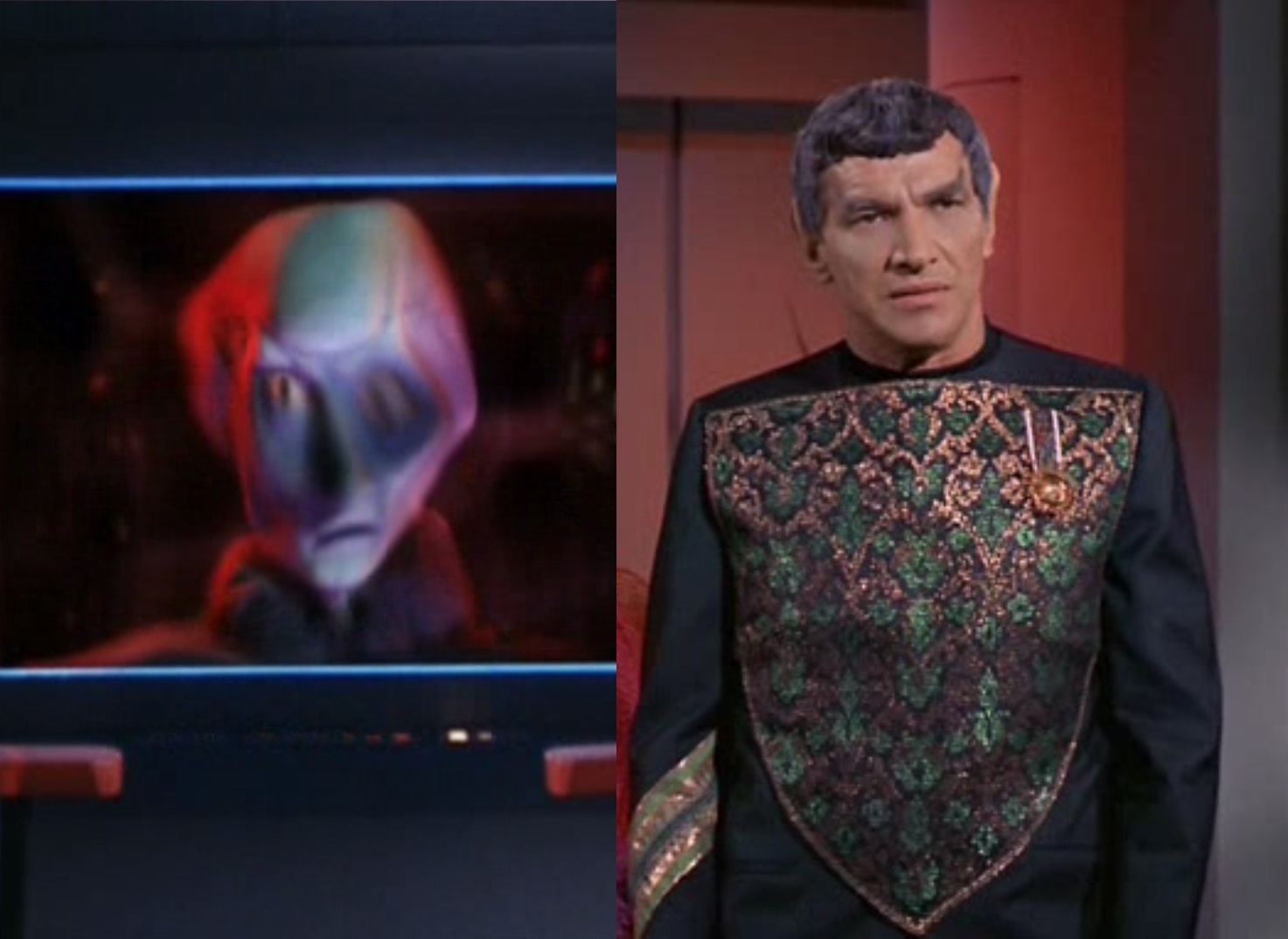
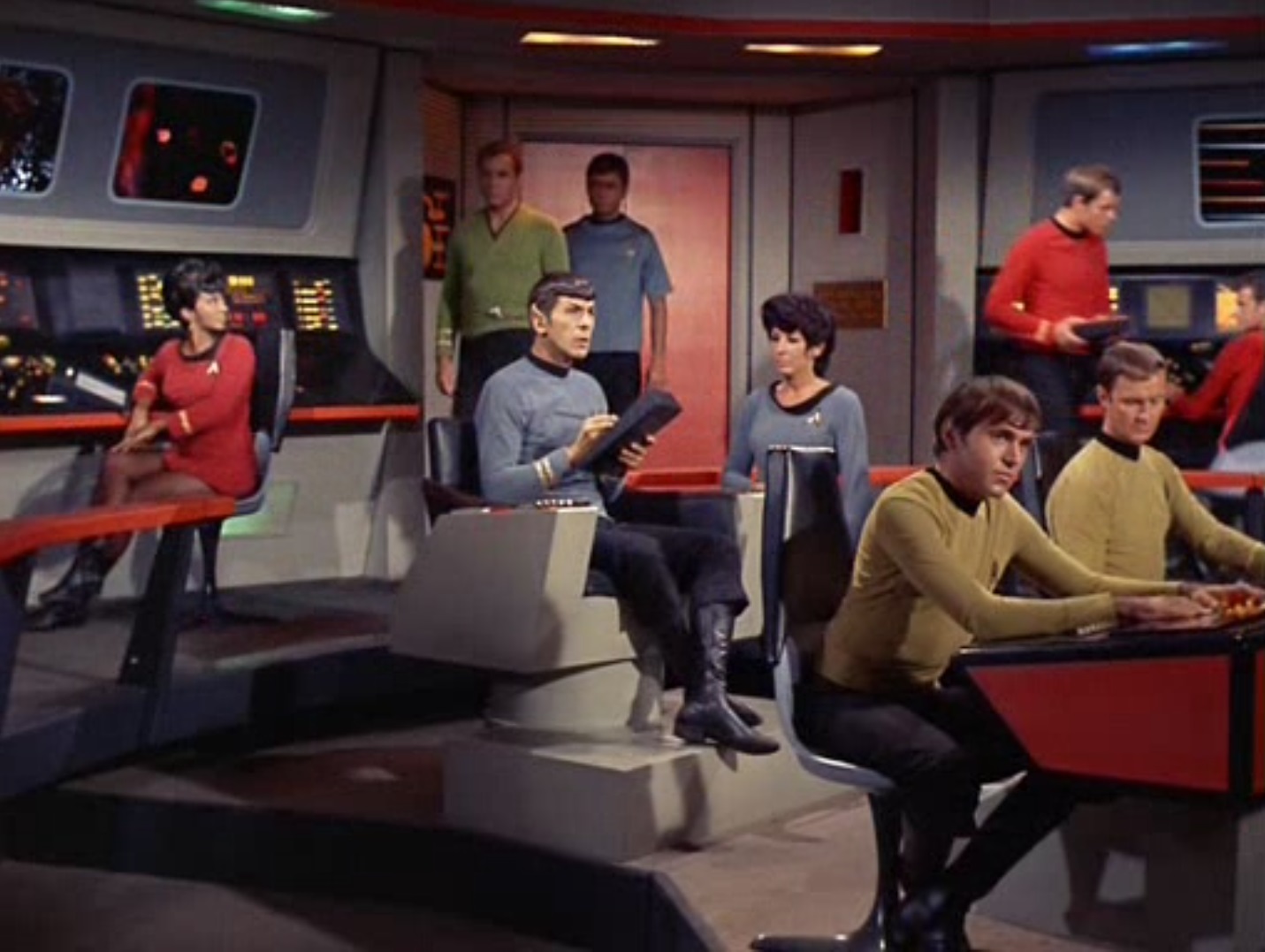
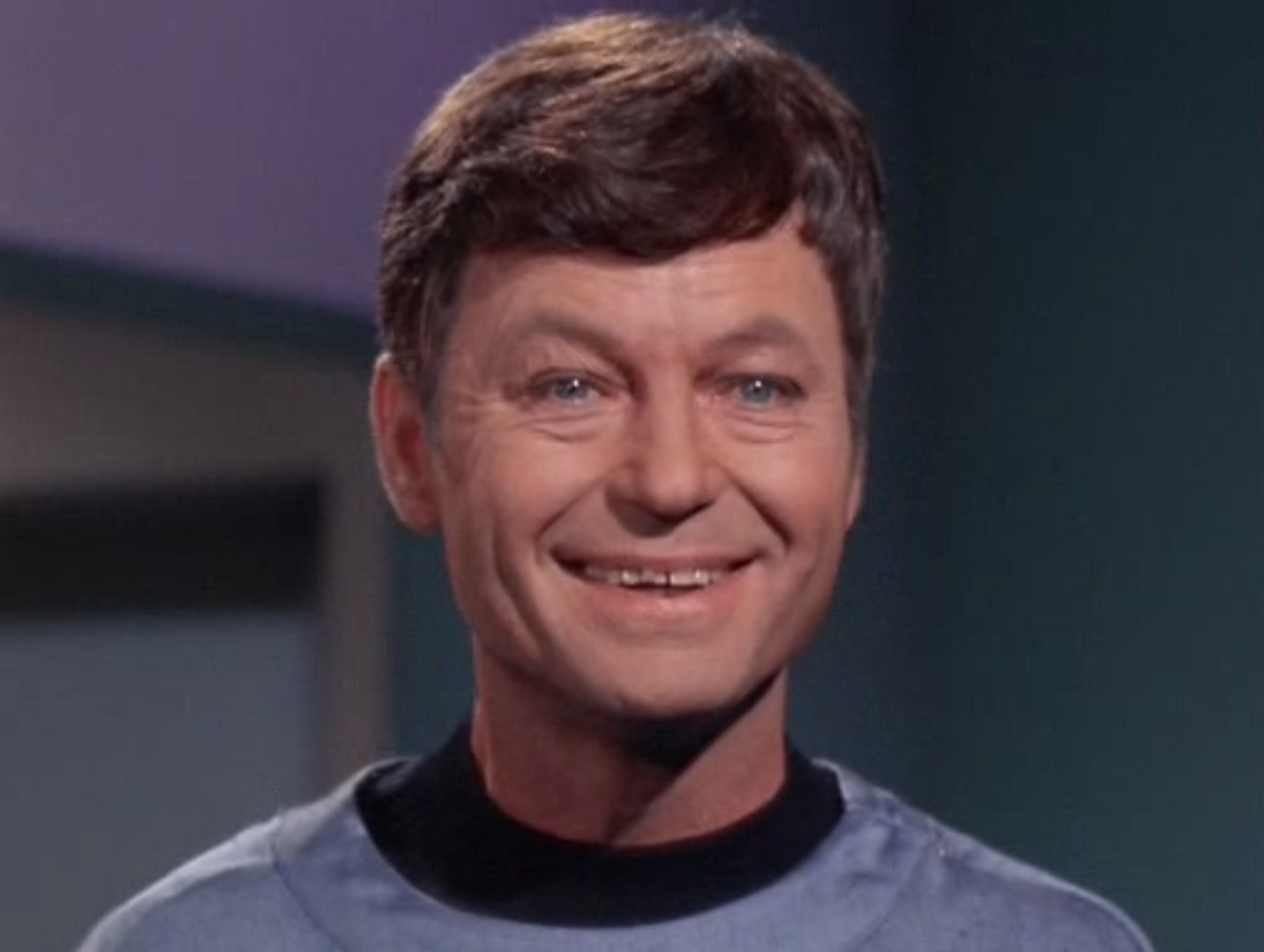
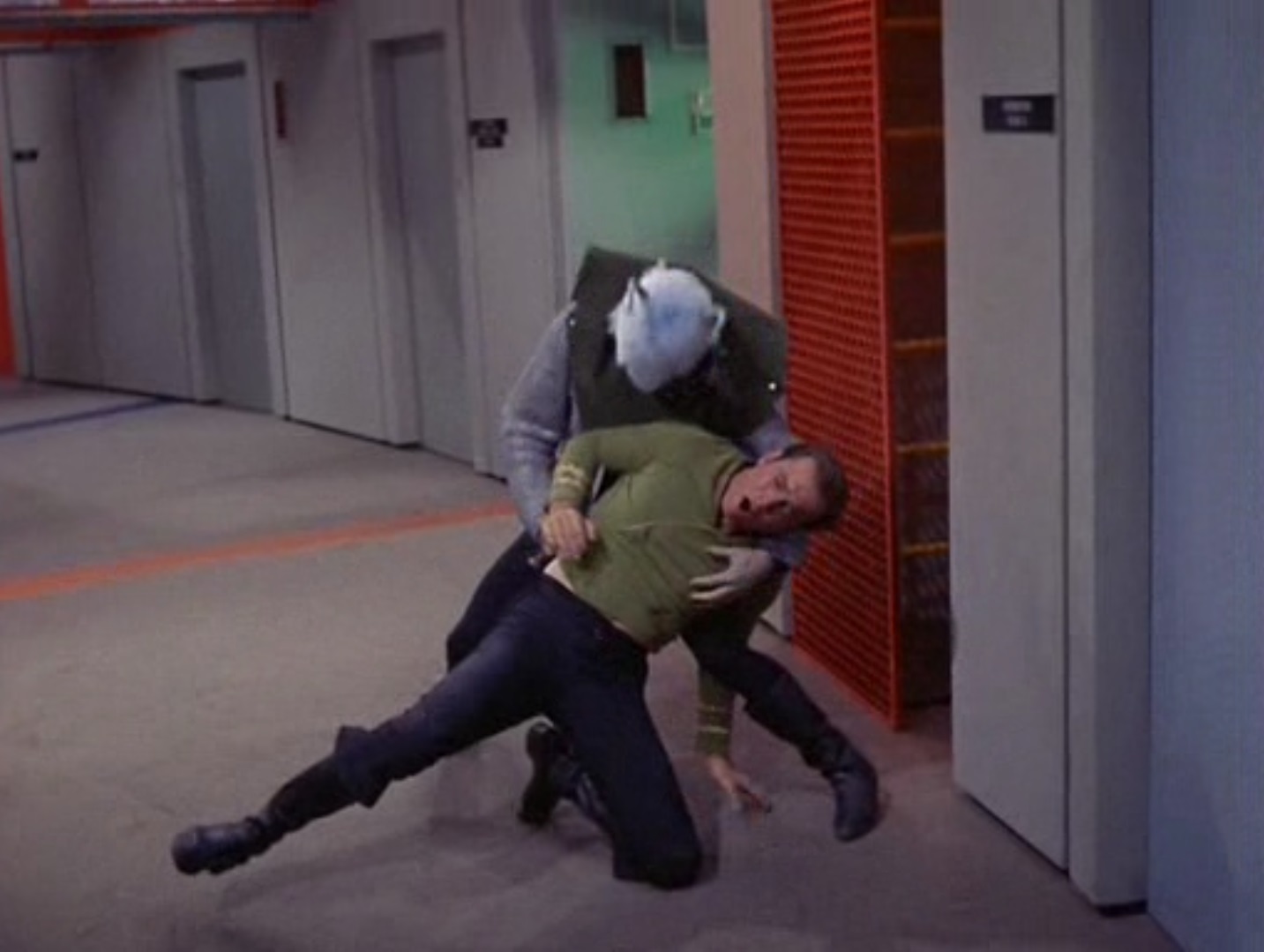
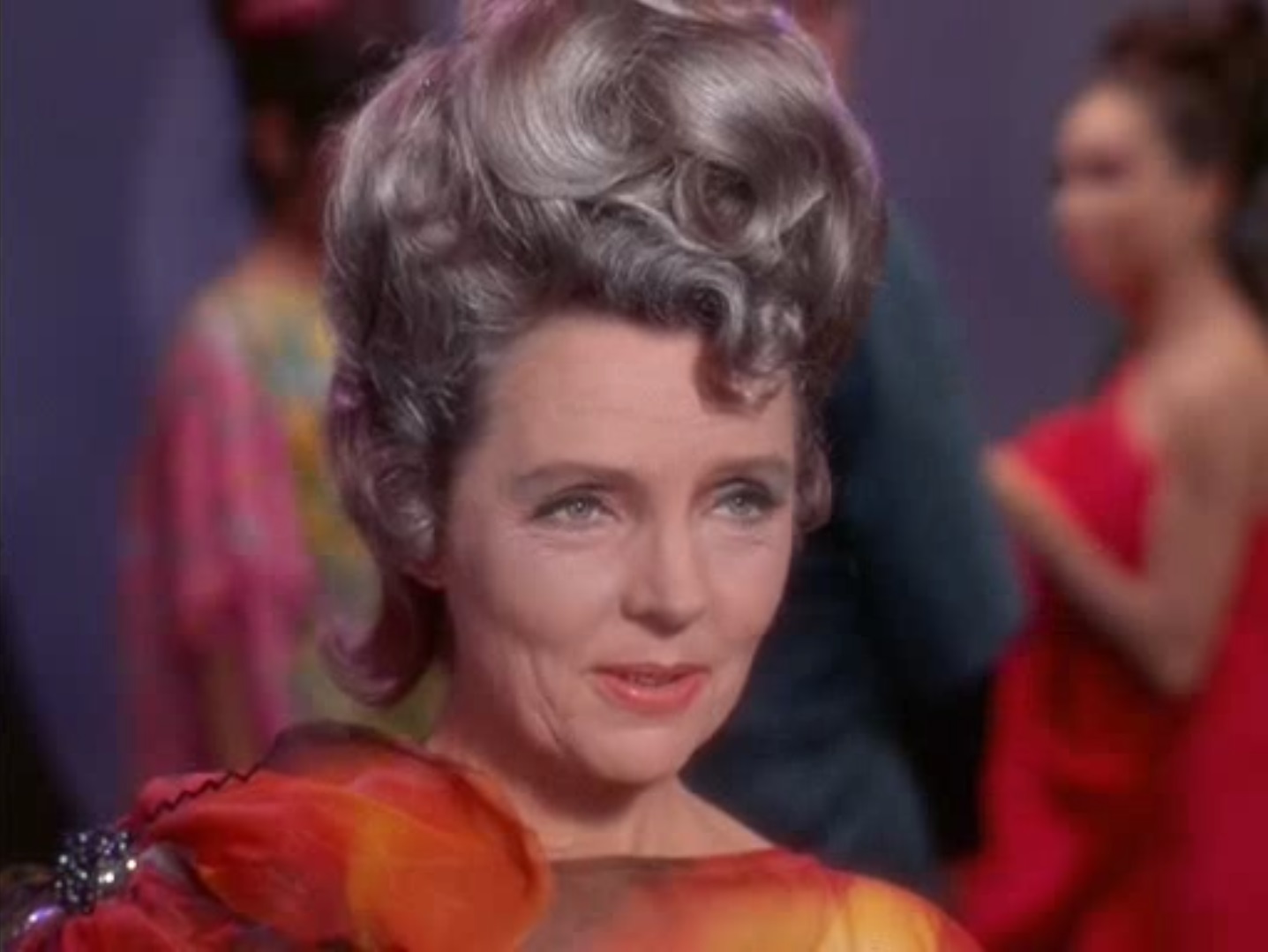


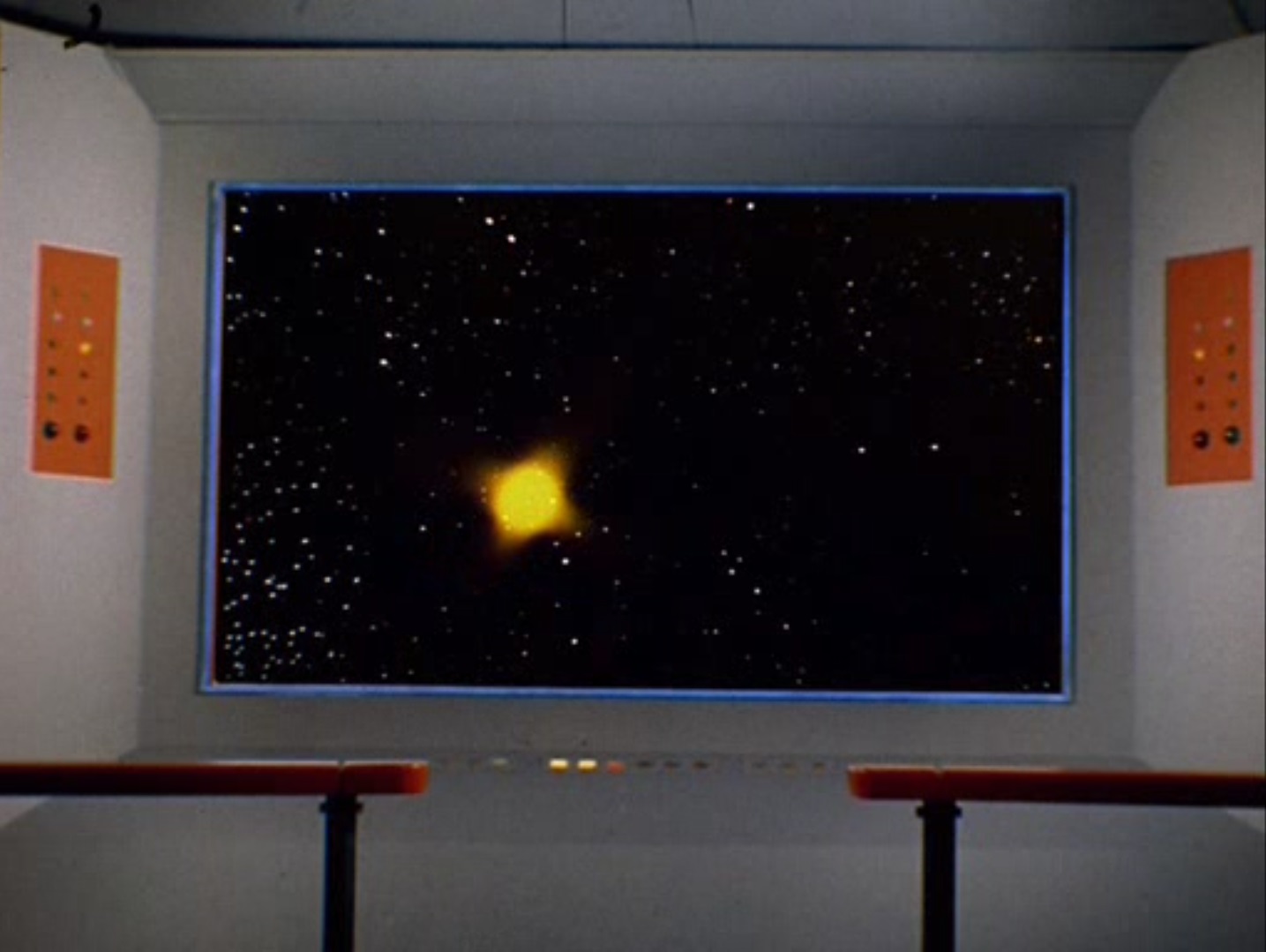
![[March 8, 1967] Absolute perfection (<i>Star Trek</i>: "This Side of Paradise")](https://galacticjourney.org/wp-content/uploads/2022/03/670308title-672x372.jpg)



















![[February 2, 1967] It's About Time (<i>Star Trek</i>: "Tomorrow is Yesterday")](https://galacticjourney.org/wp-content/uploads/2022/01/670202title-672x372.jpg)

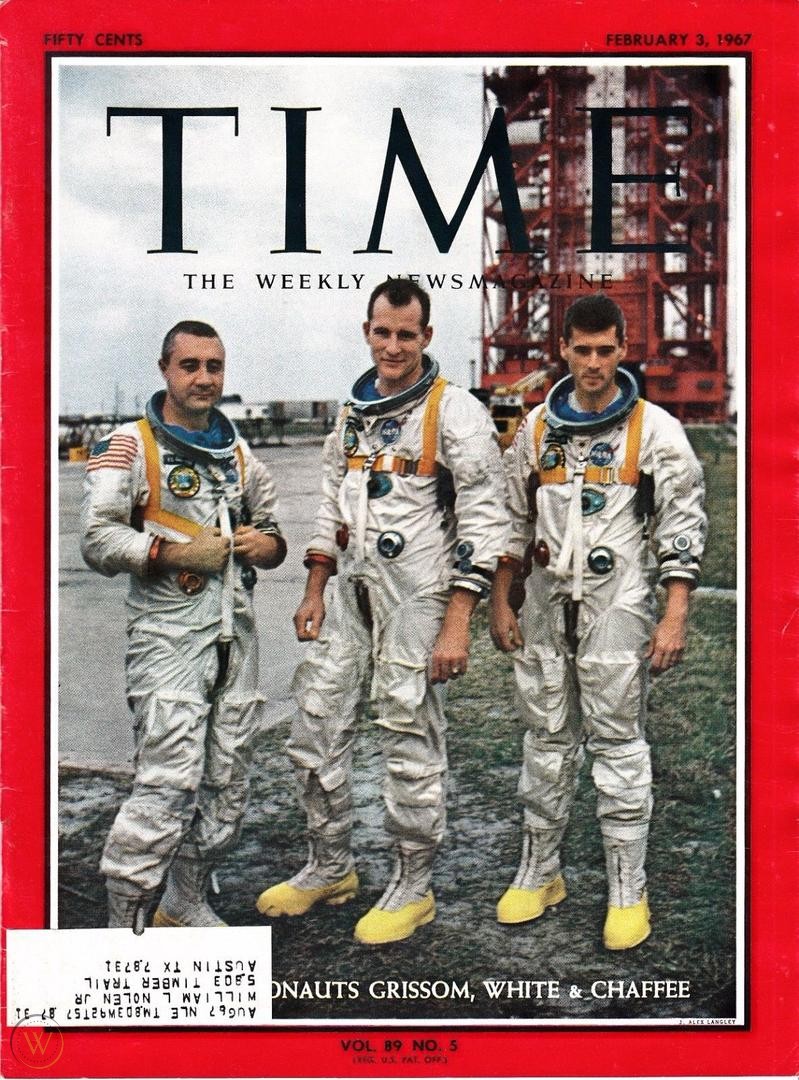


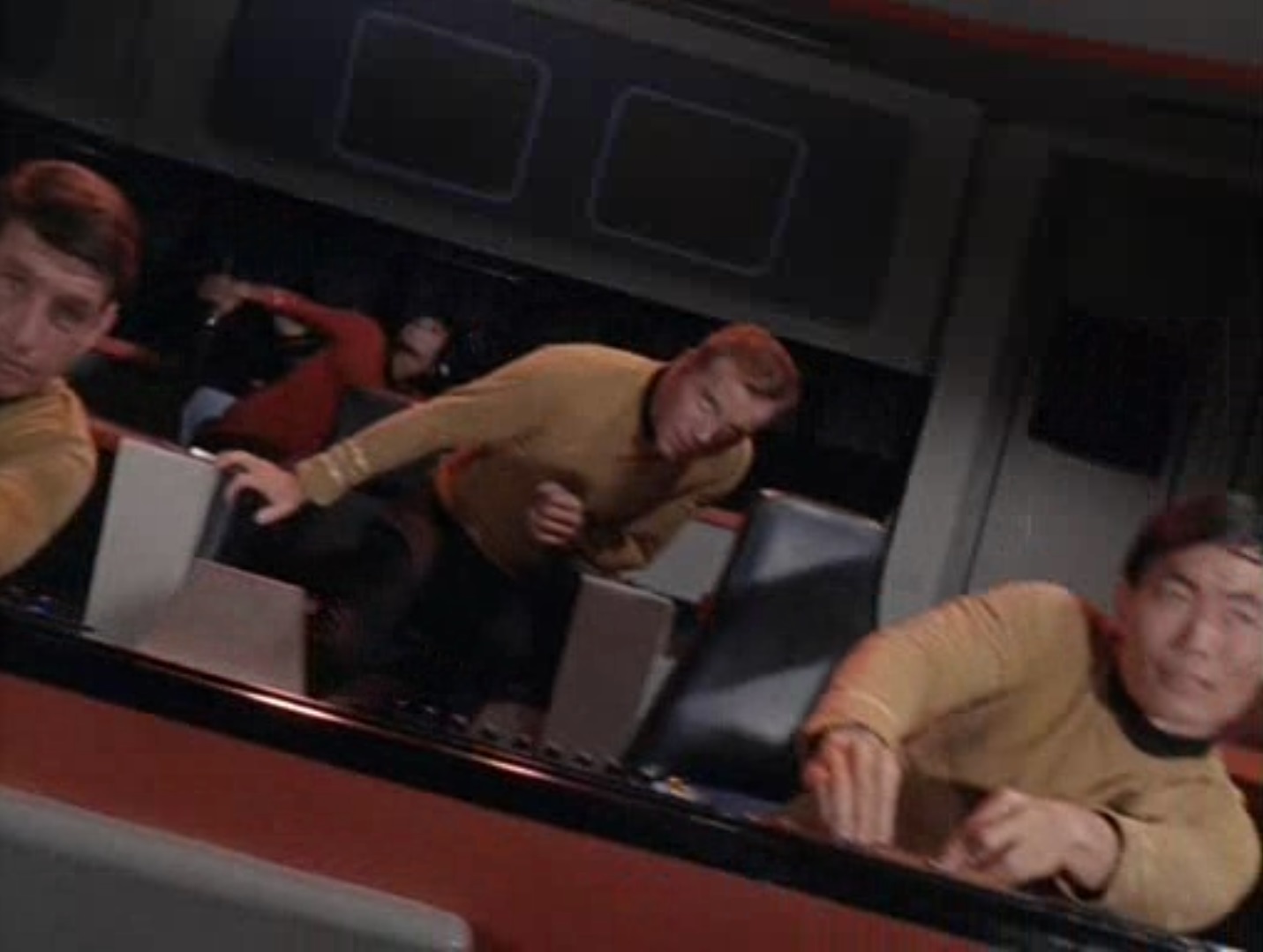
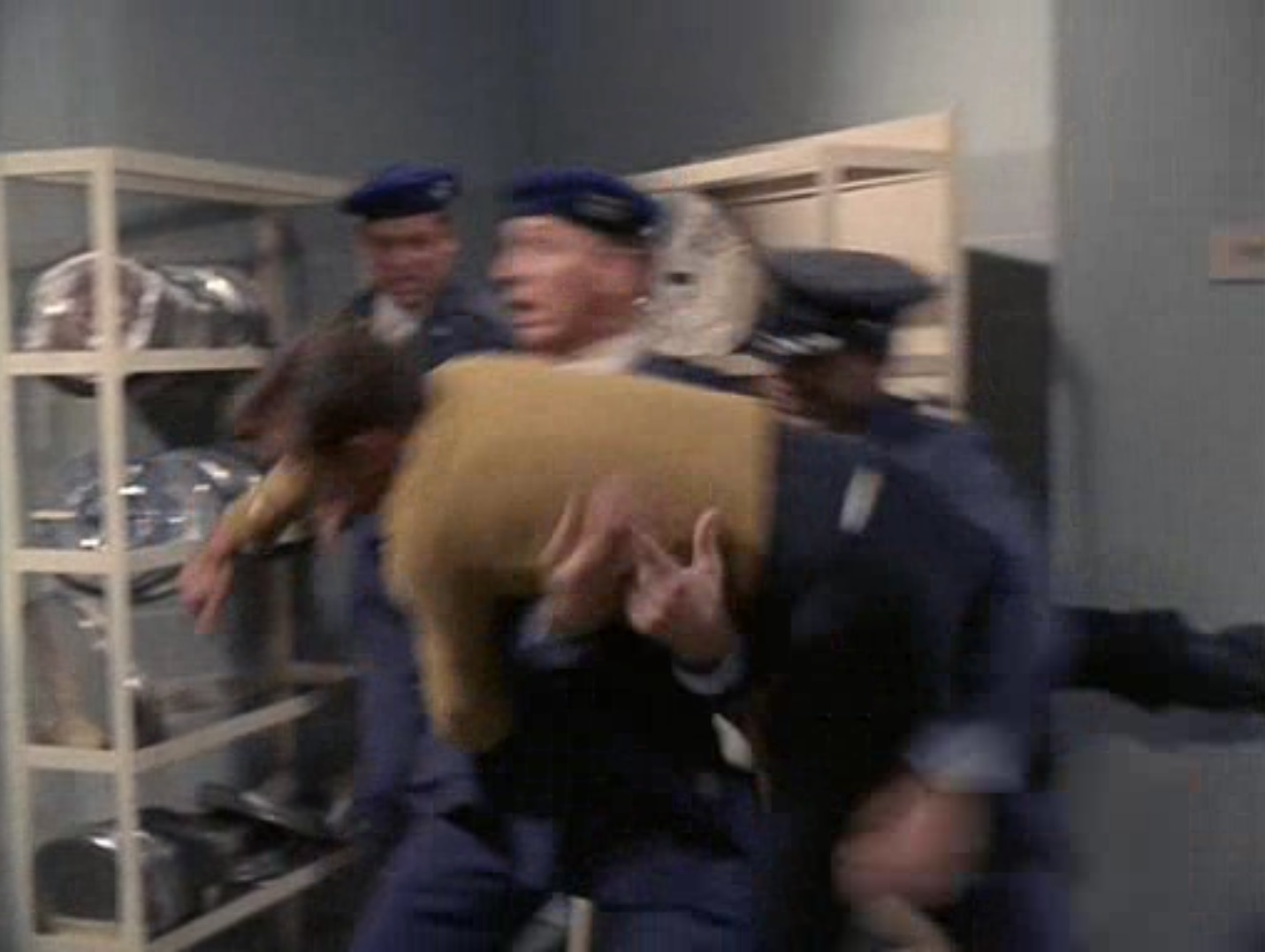







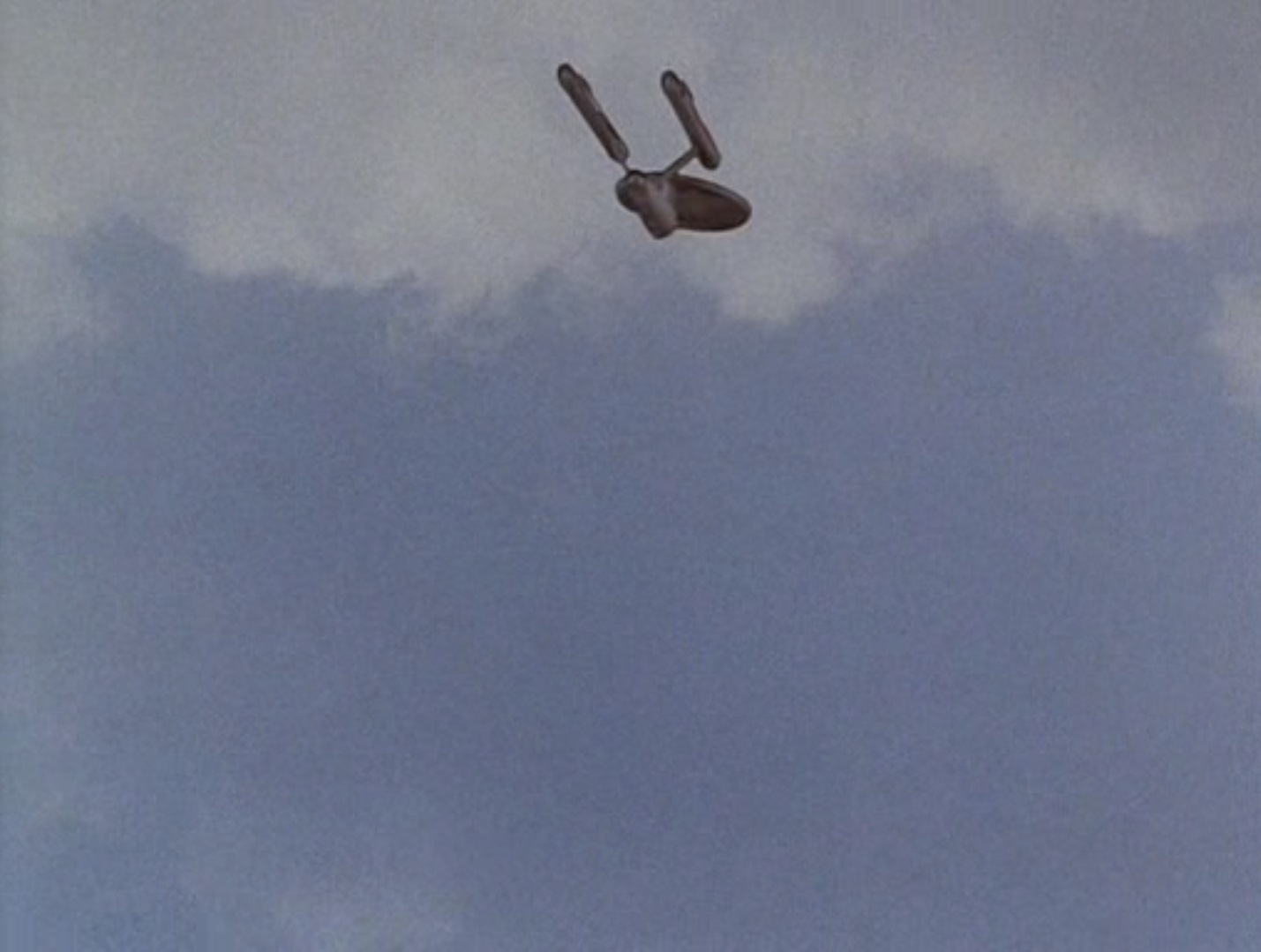

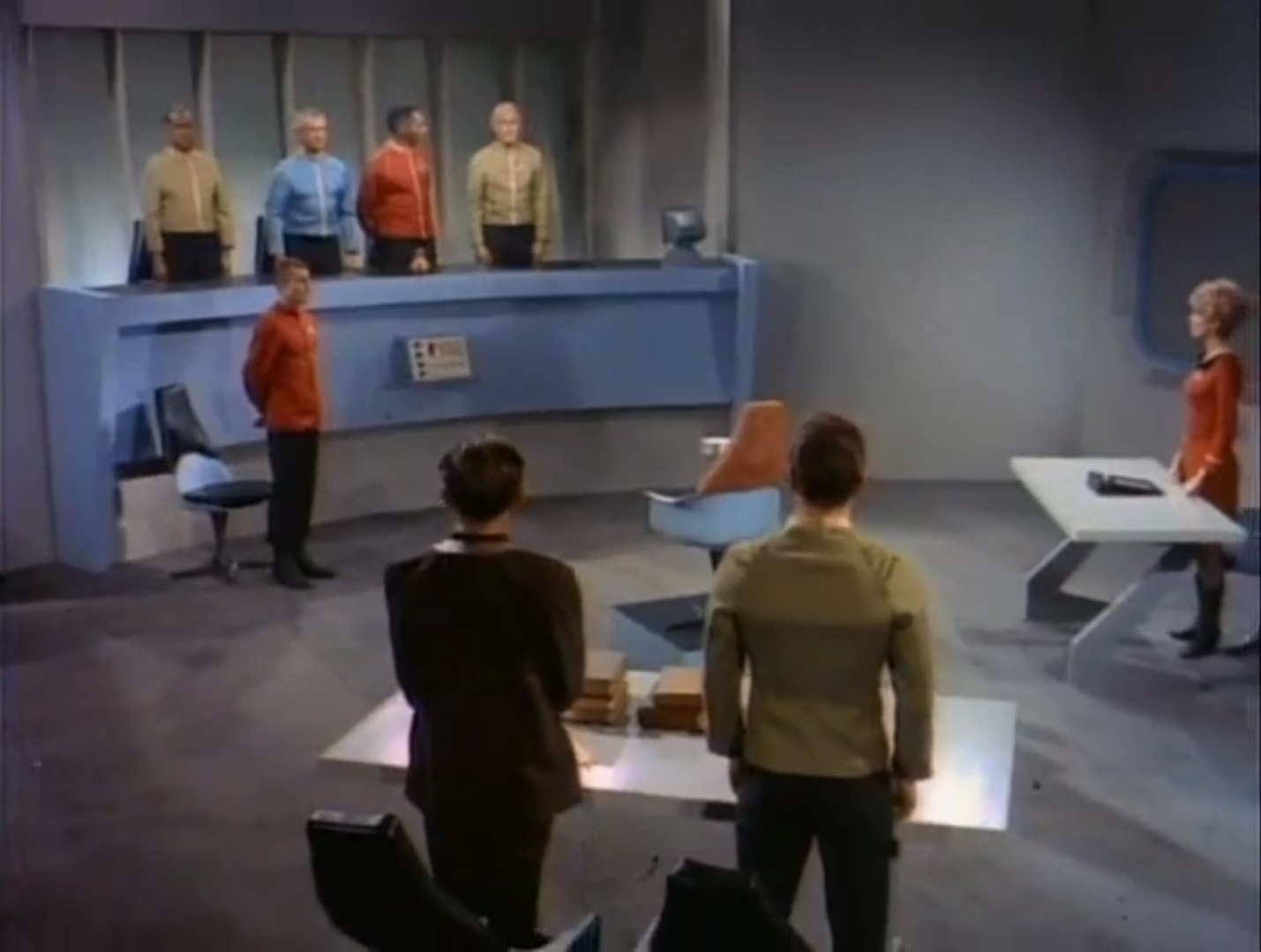
![[September 20, 1966] In the hands of an adolescent (<i>Star Trek</i>'s "Charlie X")](https://galacticjourney.org/wp-content/uploads/2021/09/660920a-672x372.jpg)
